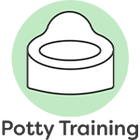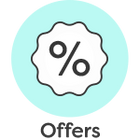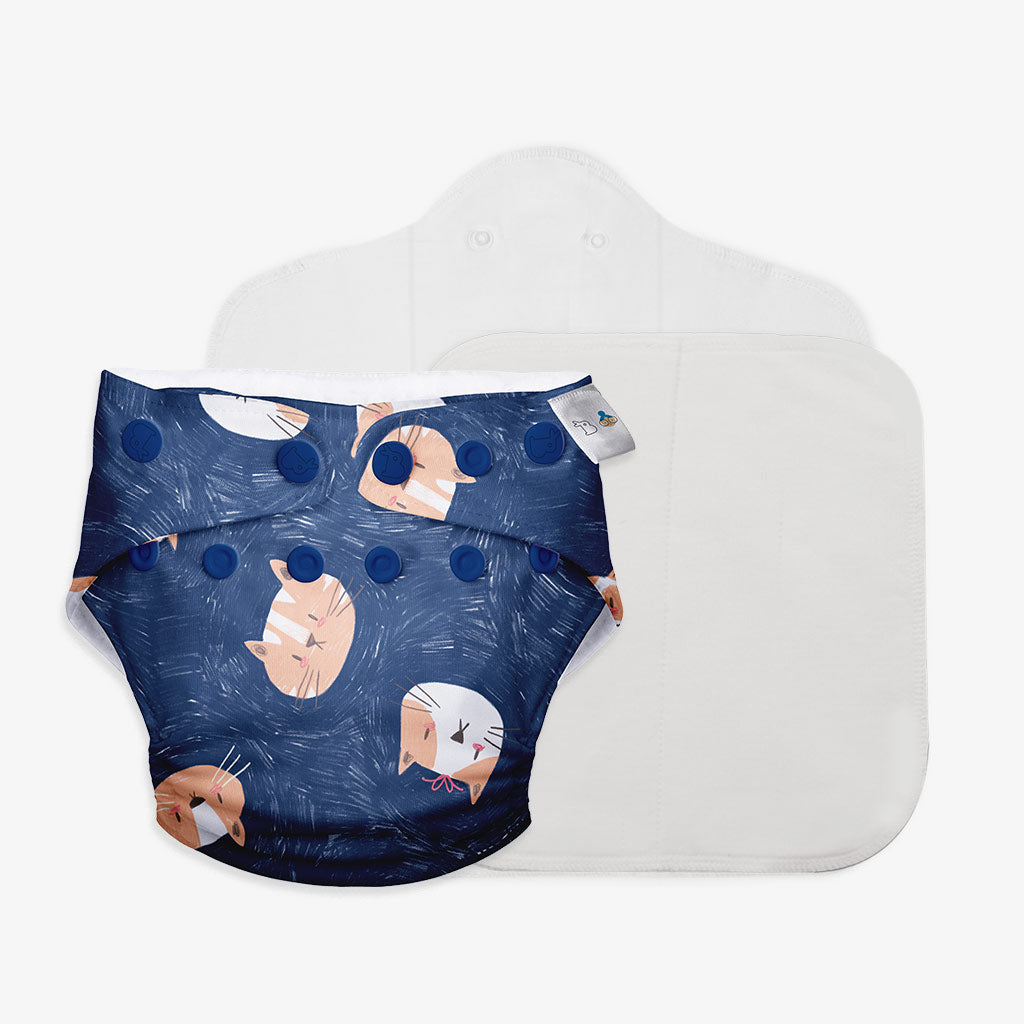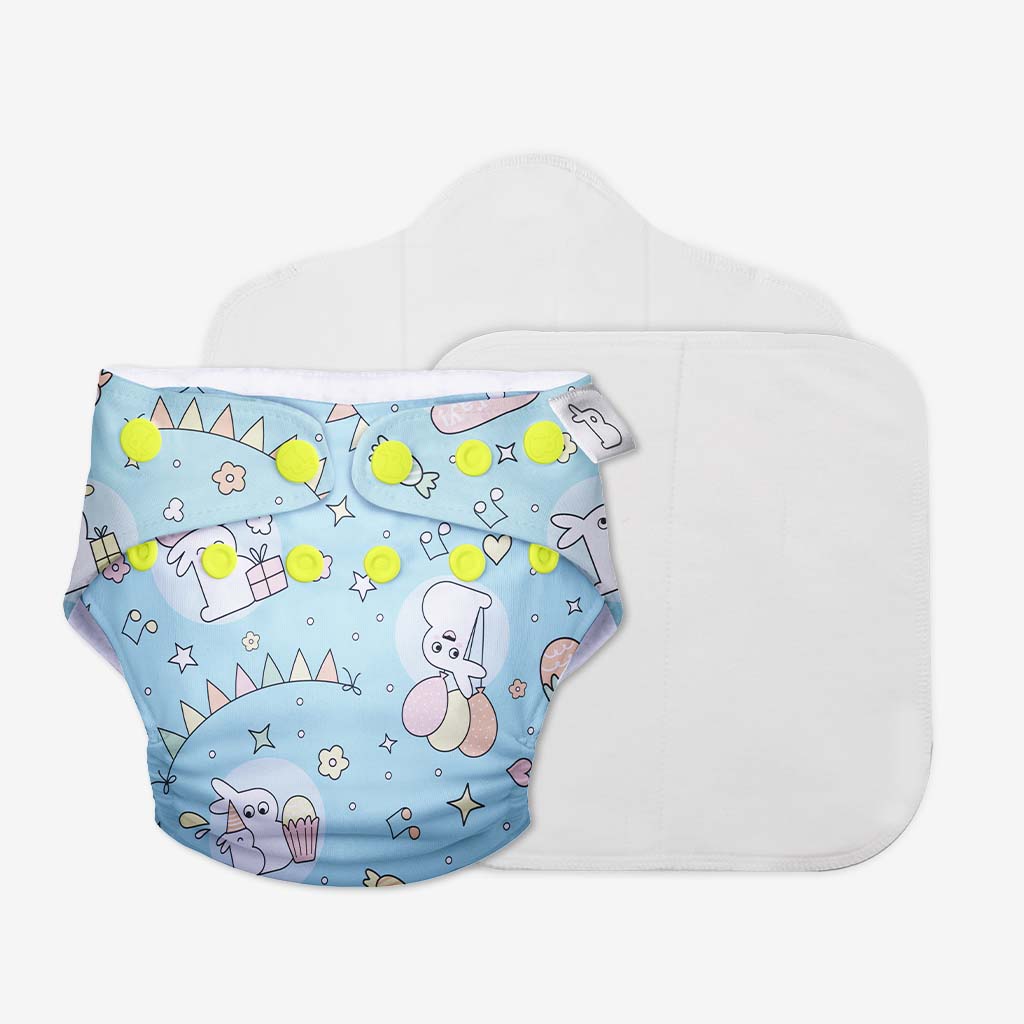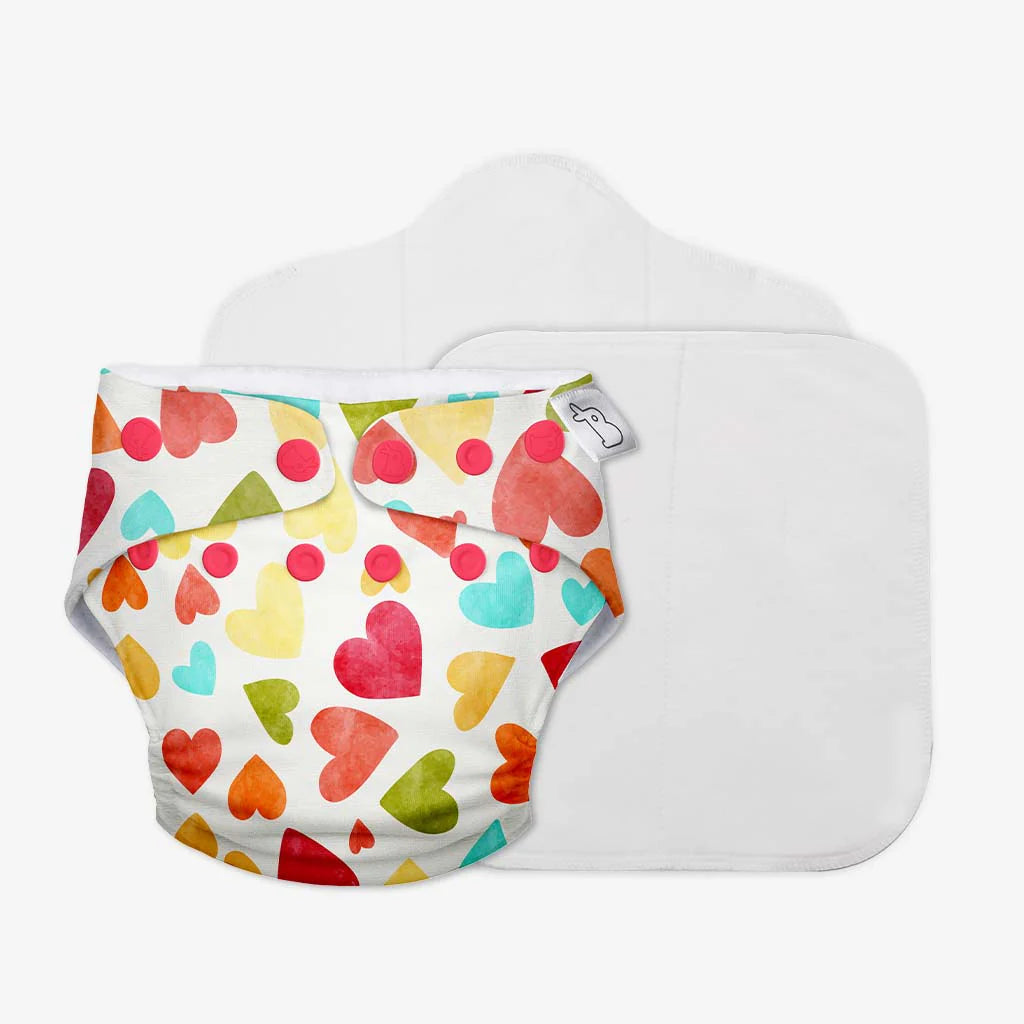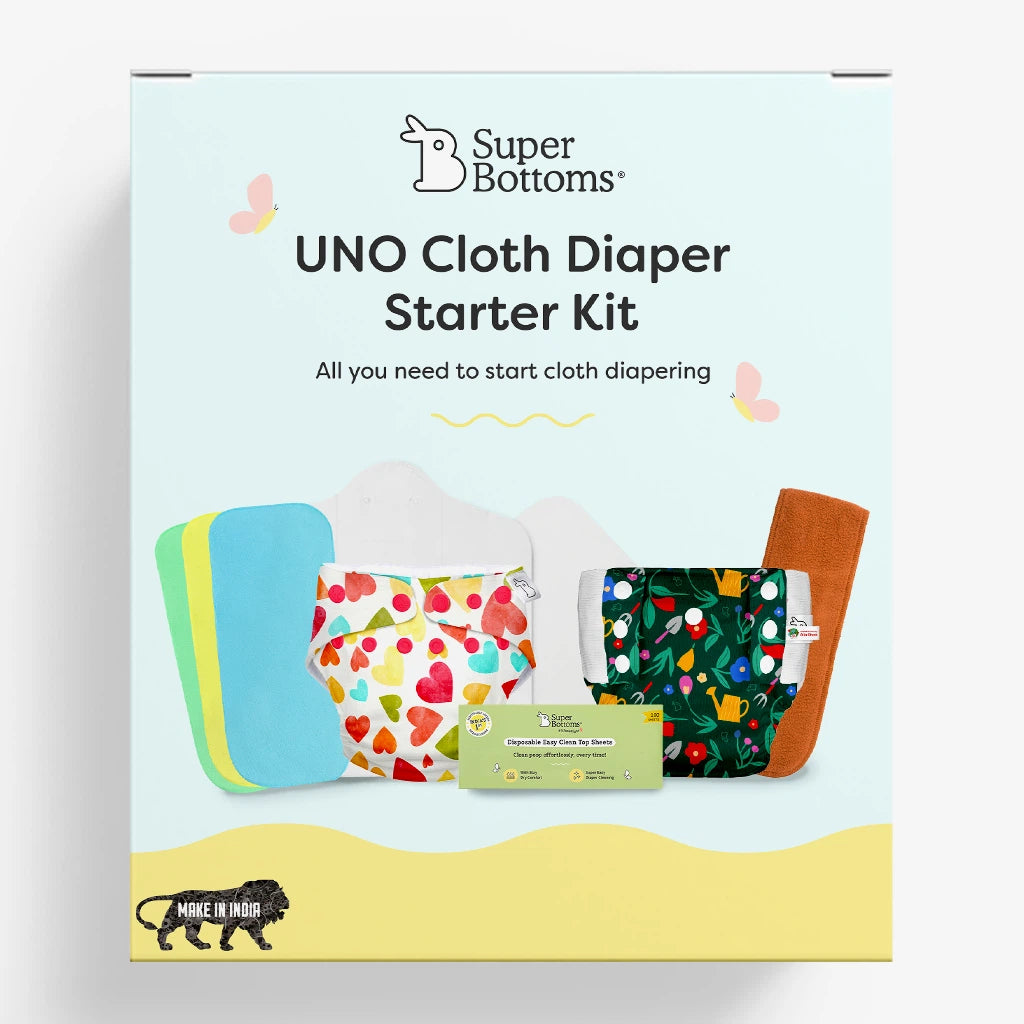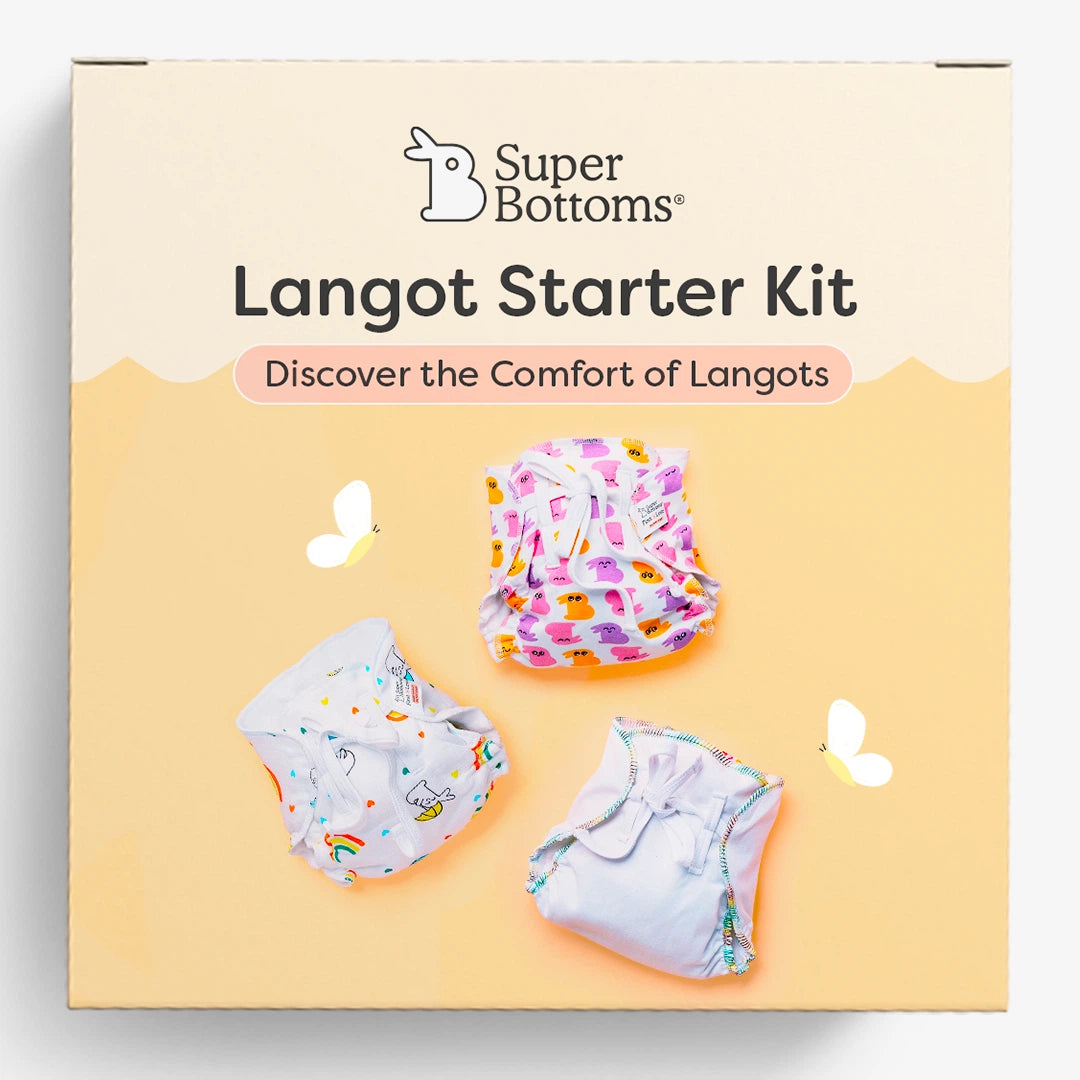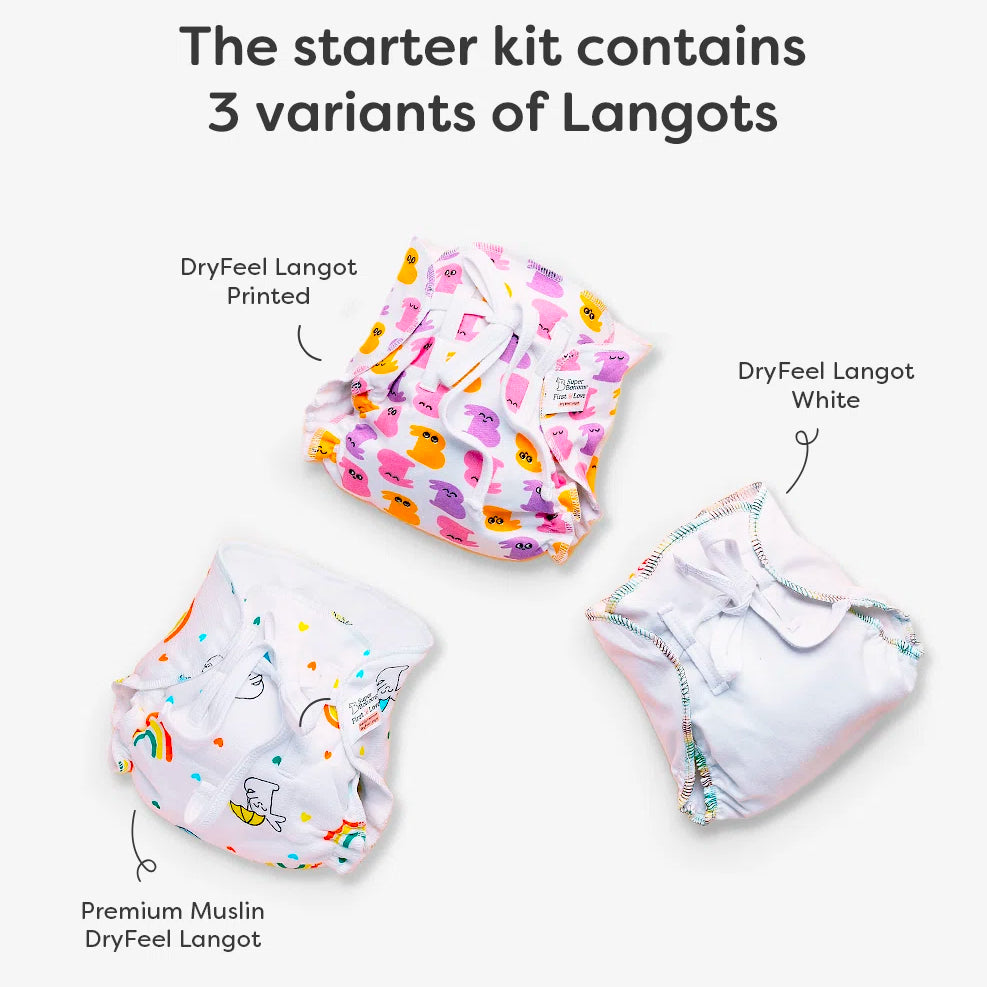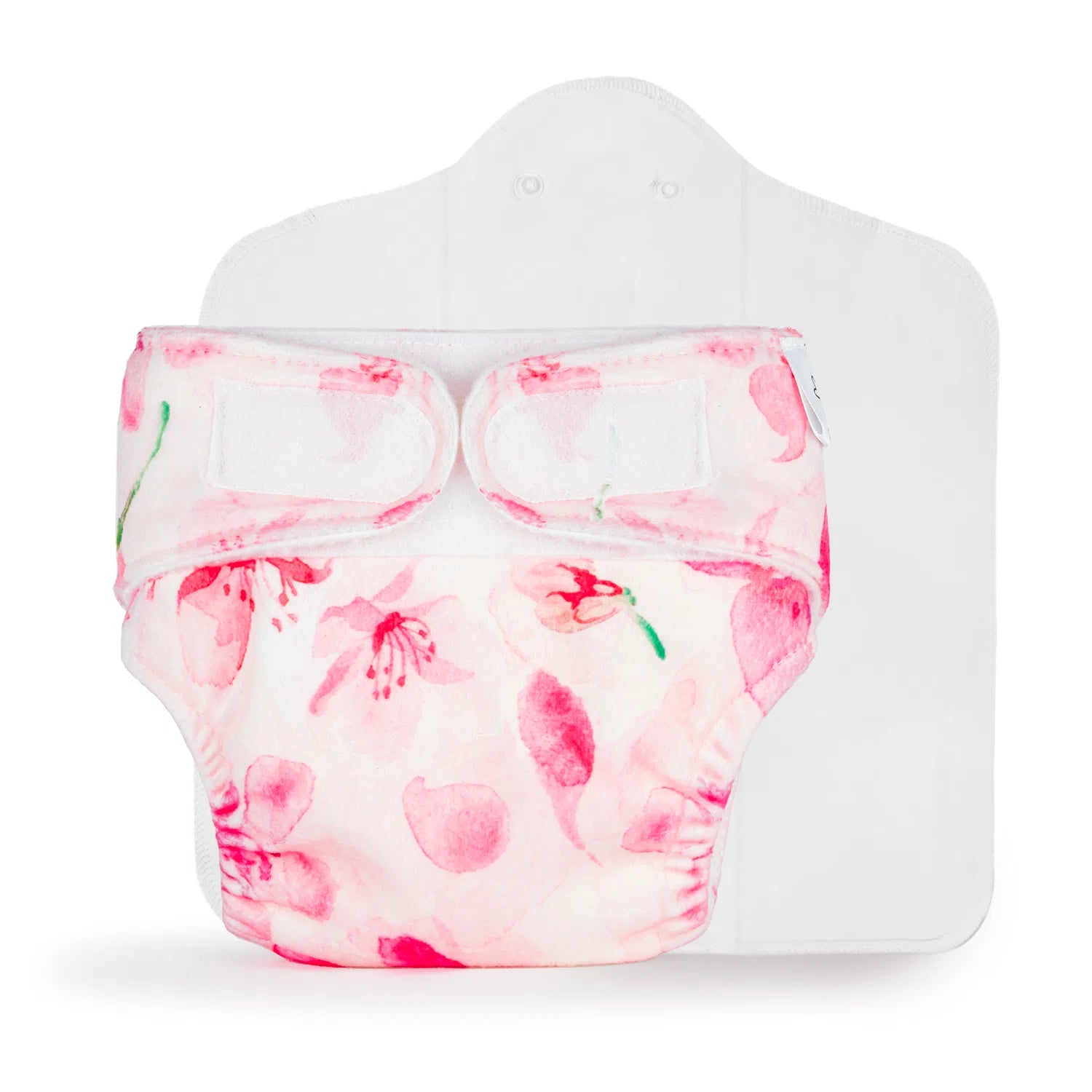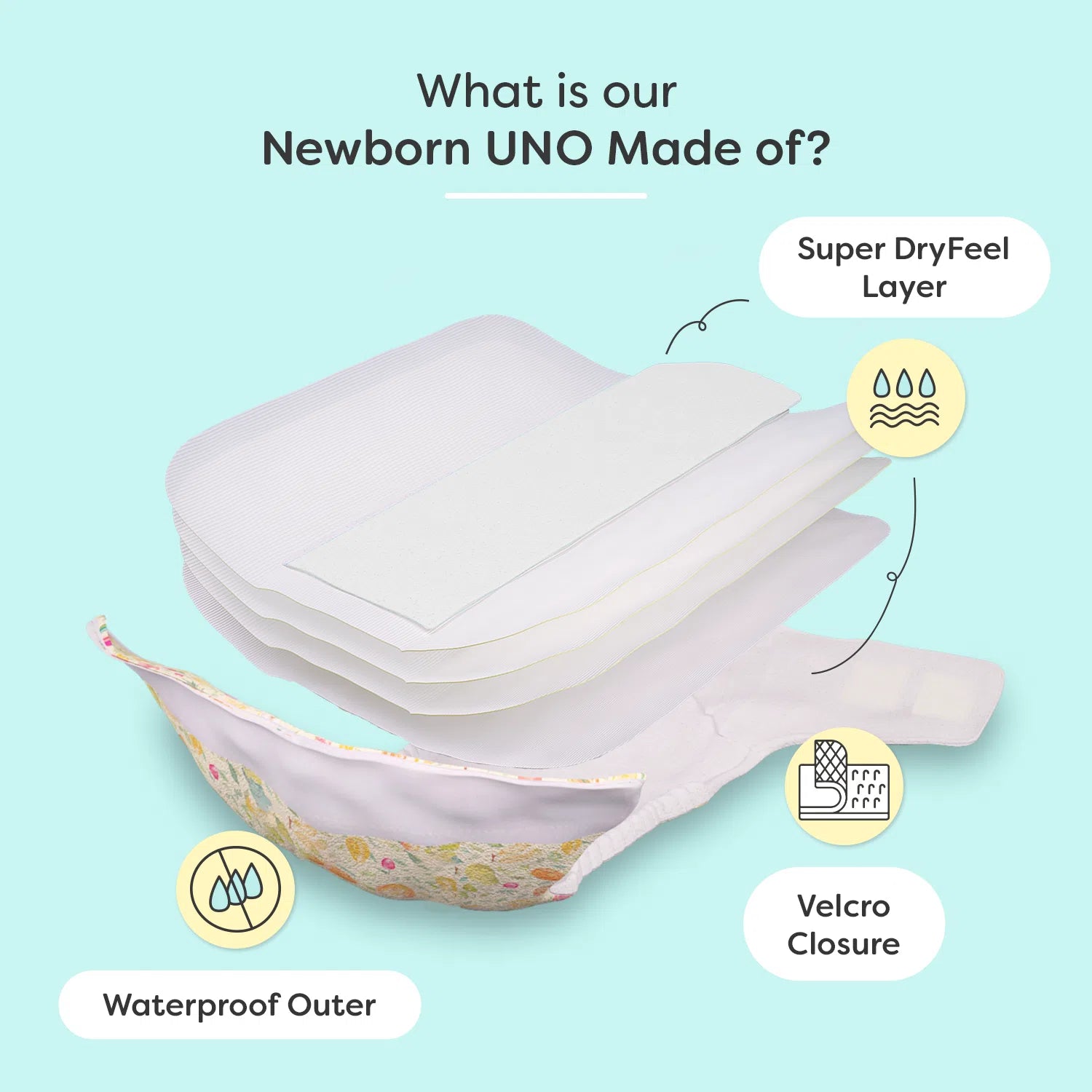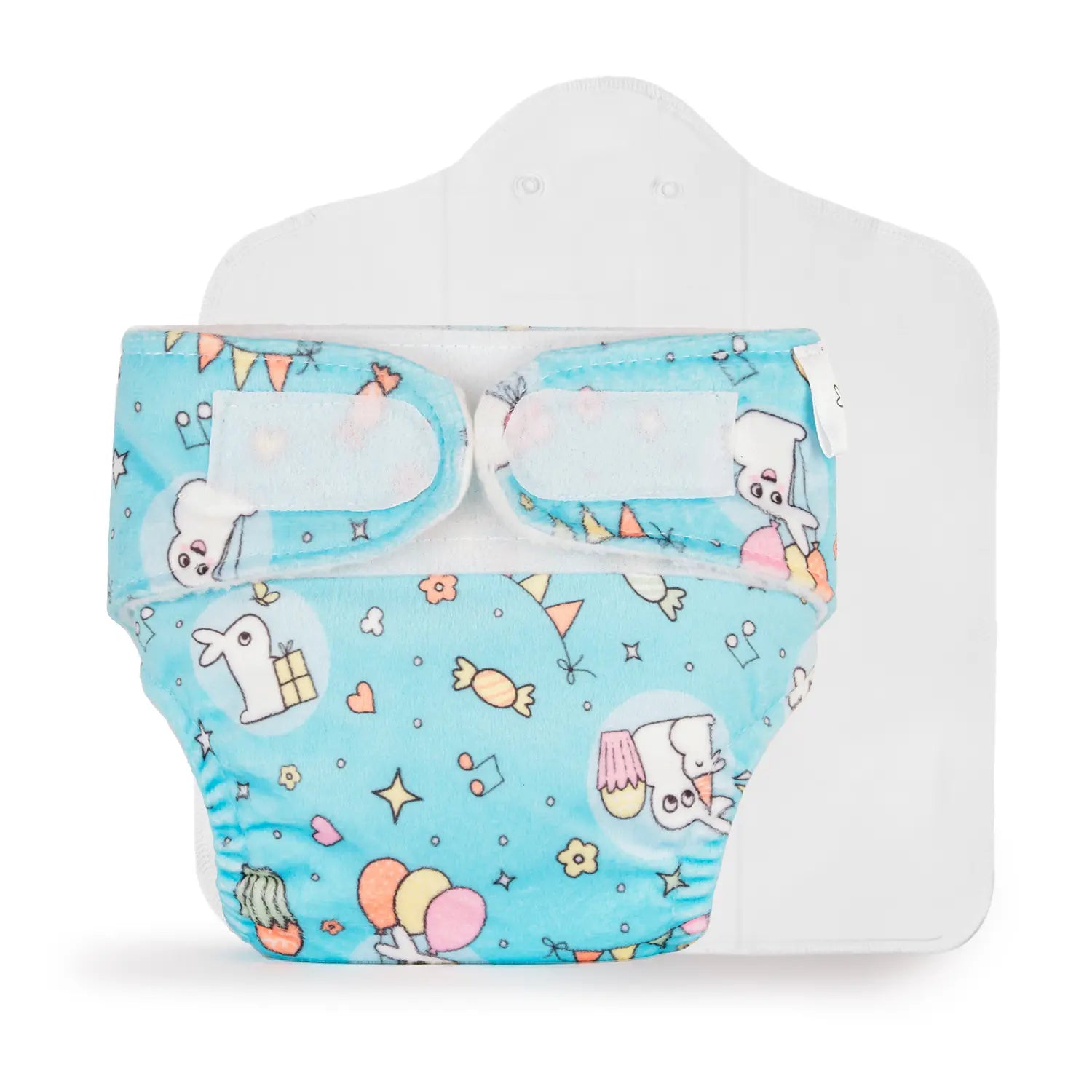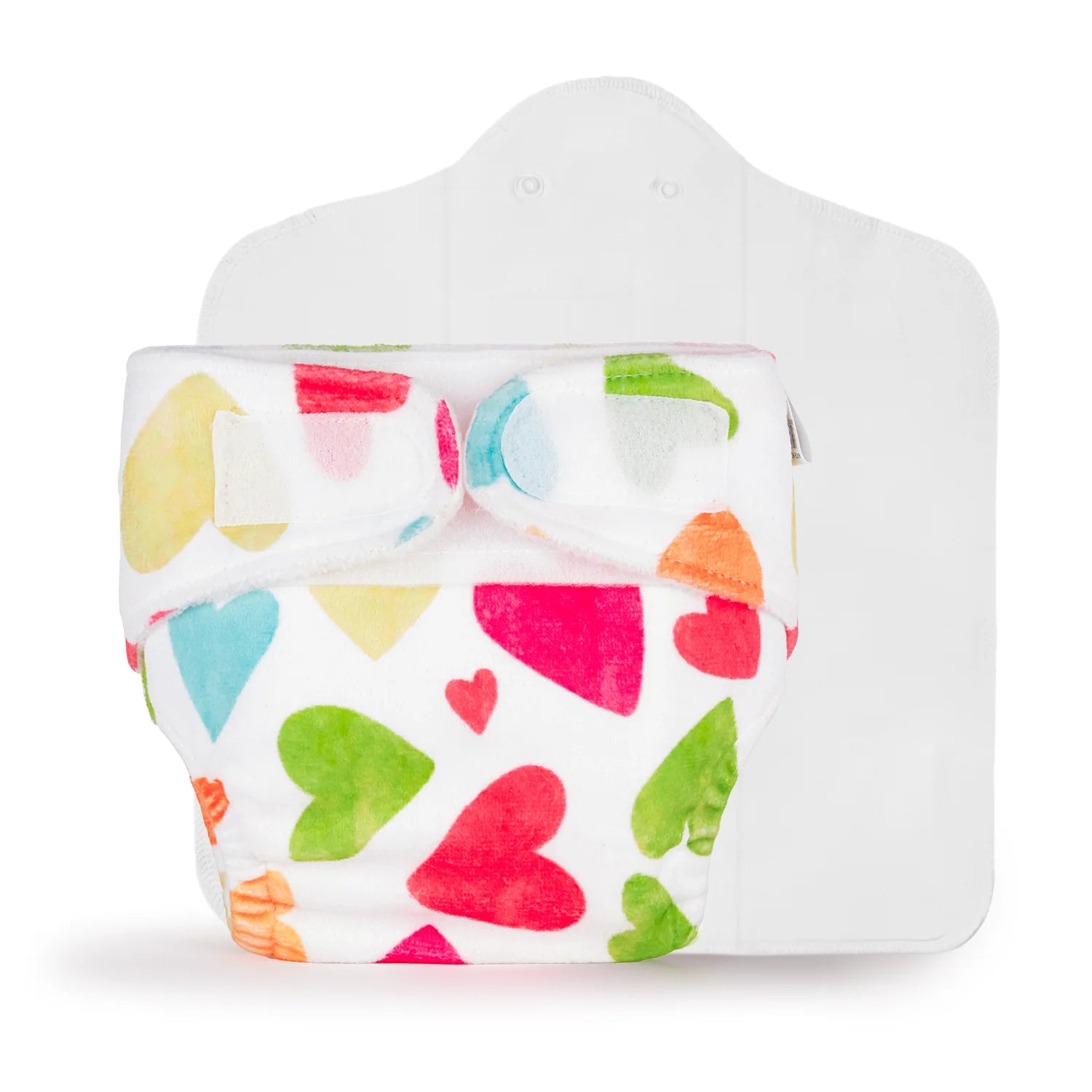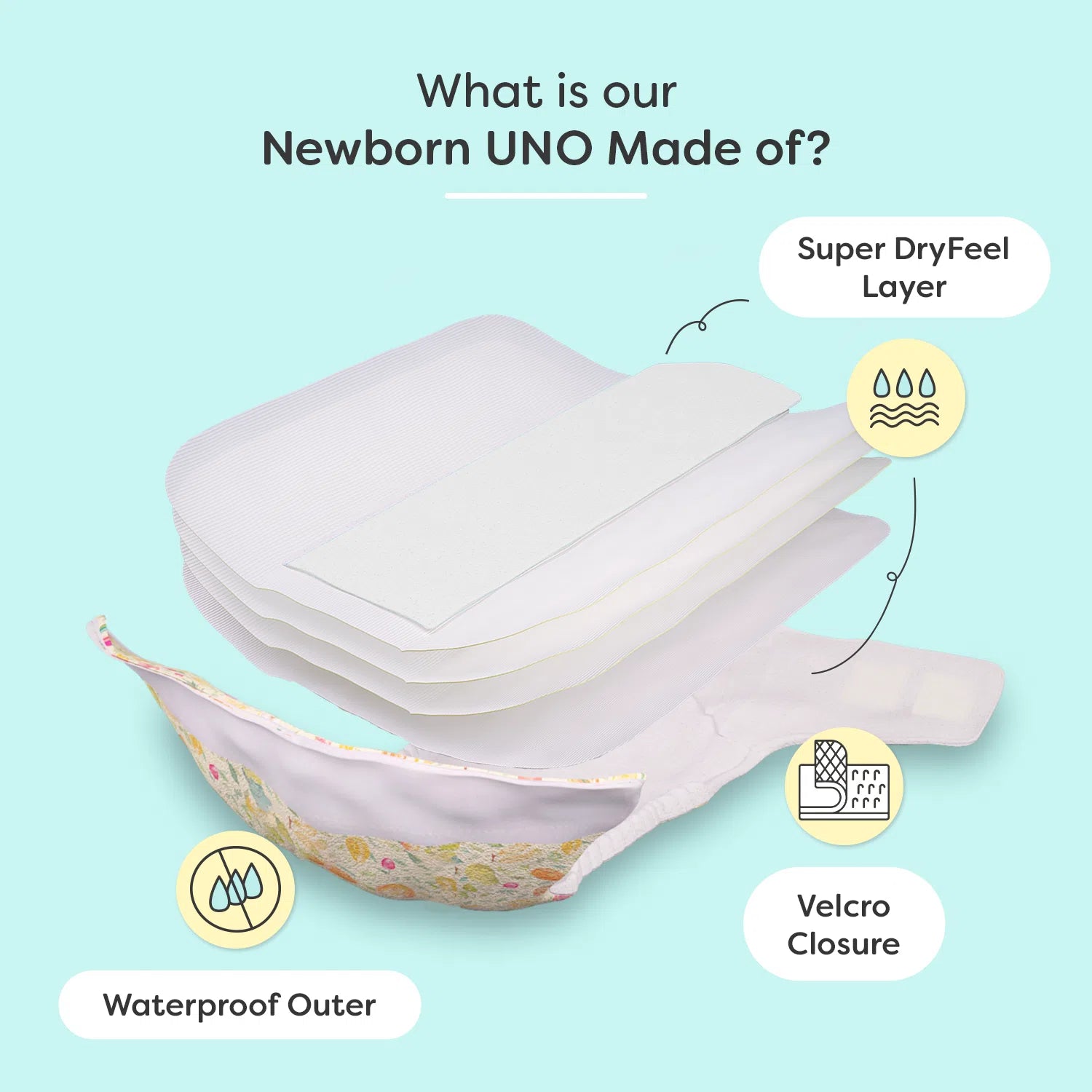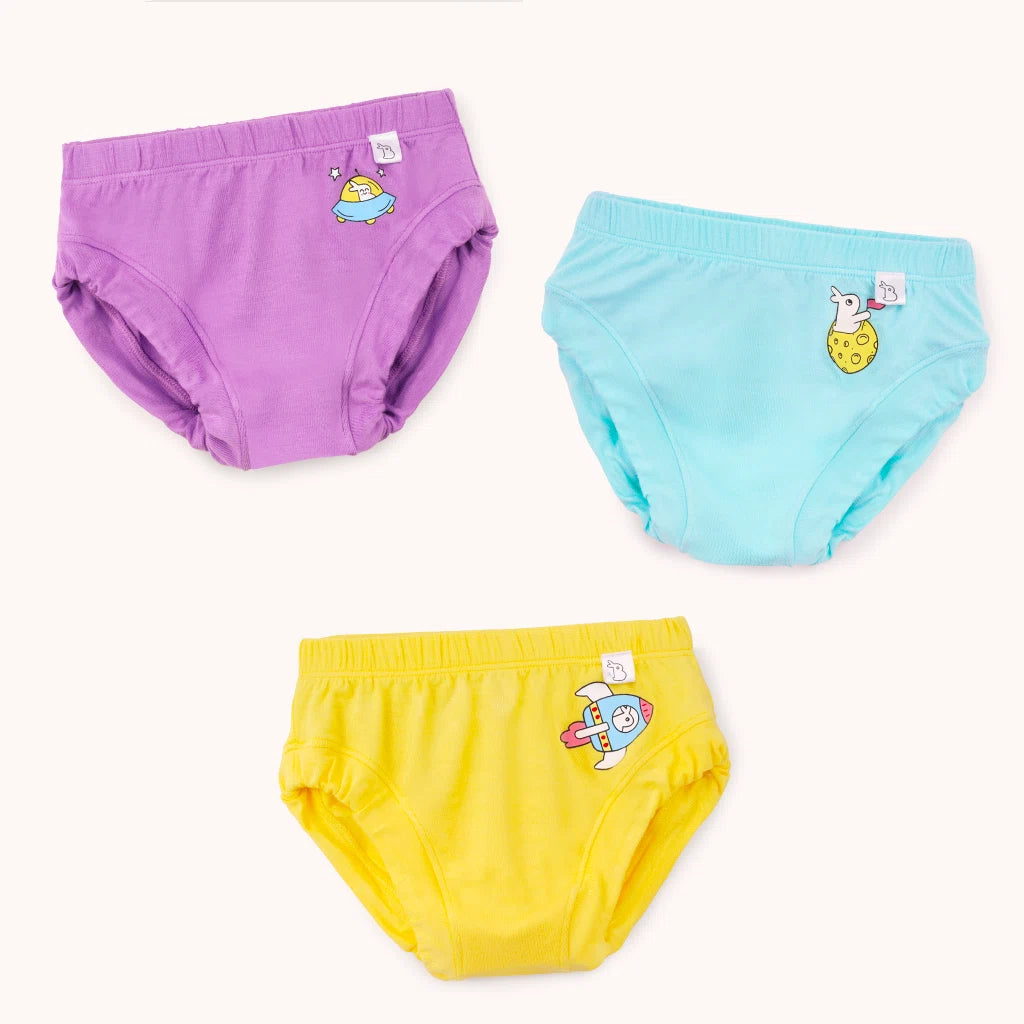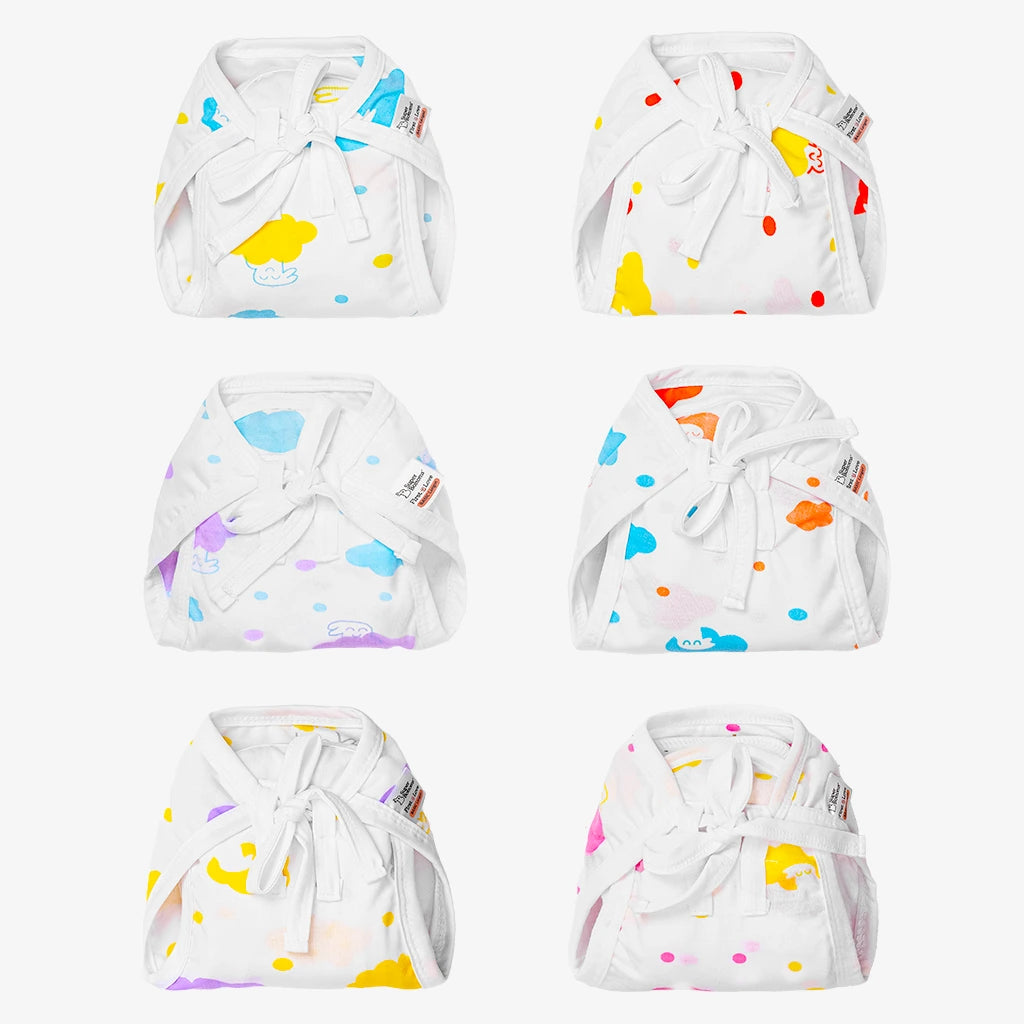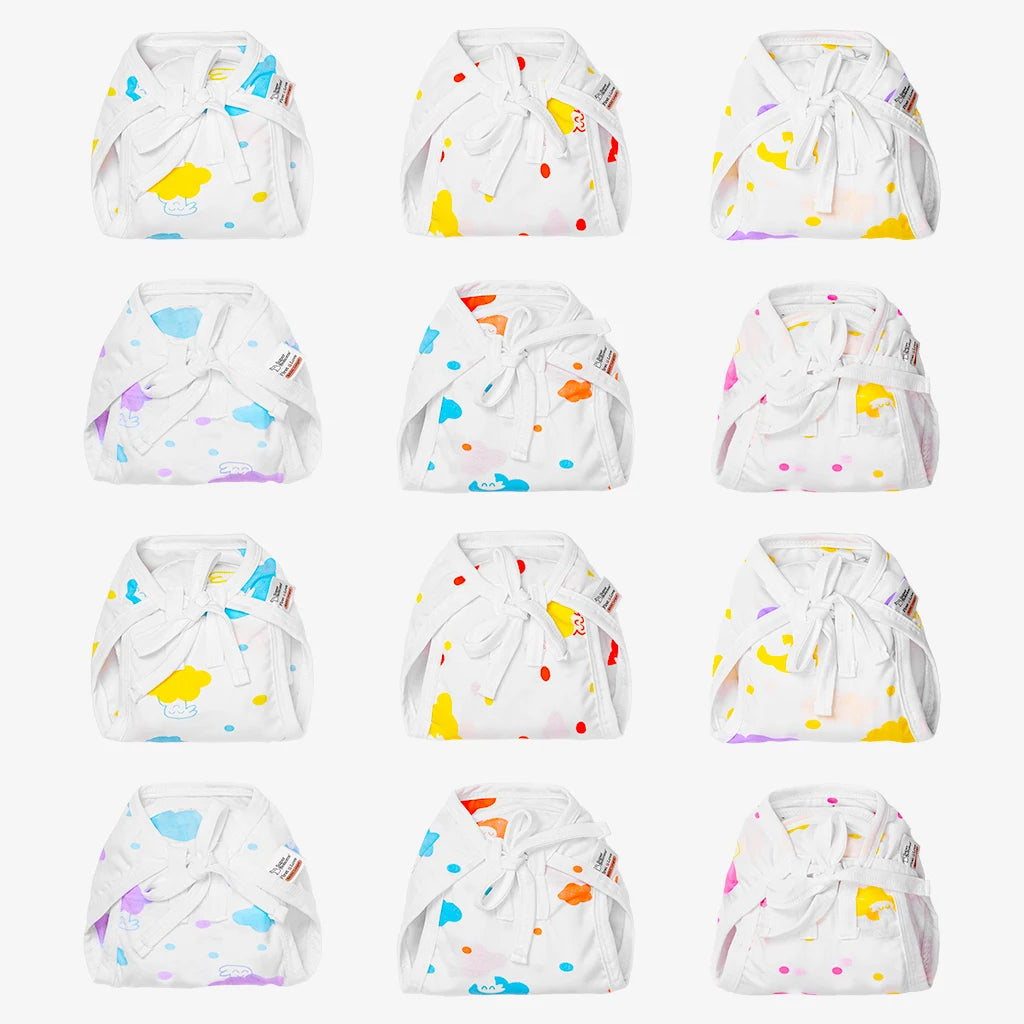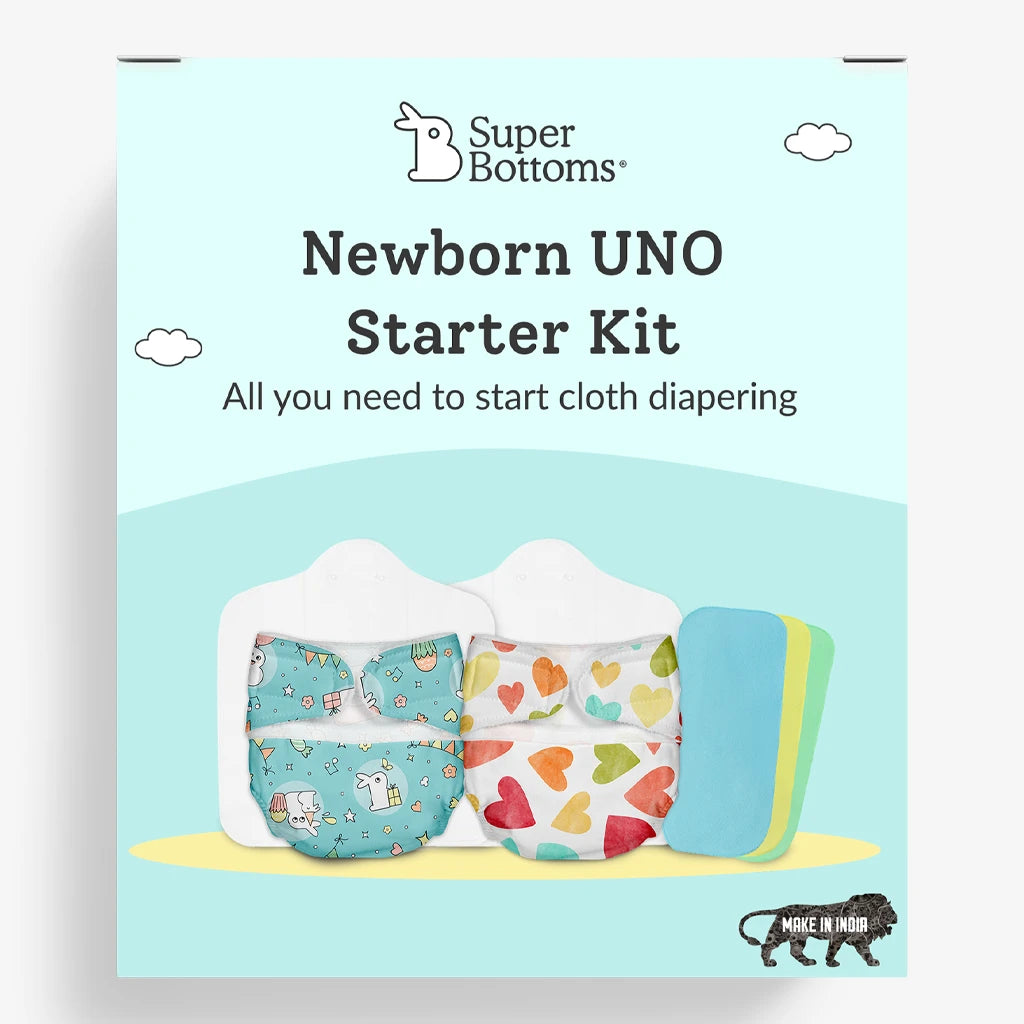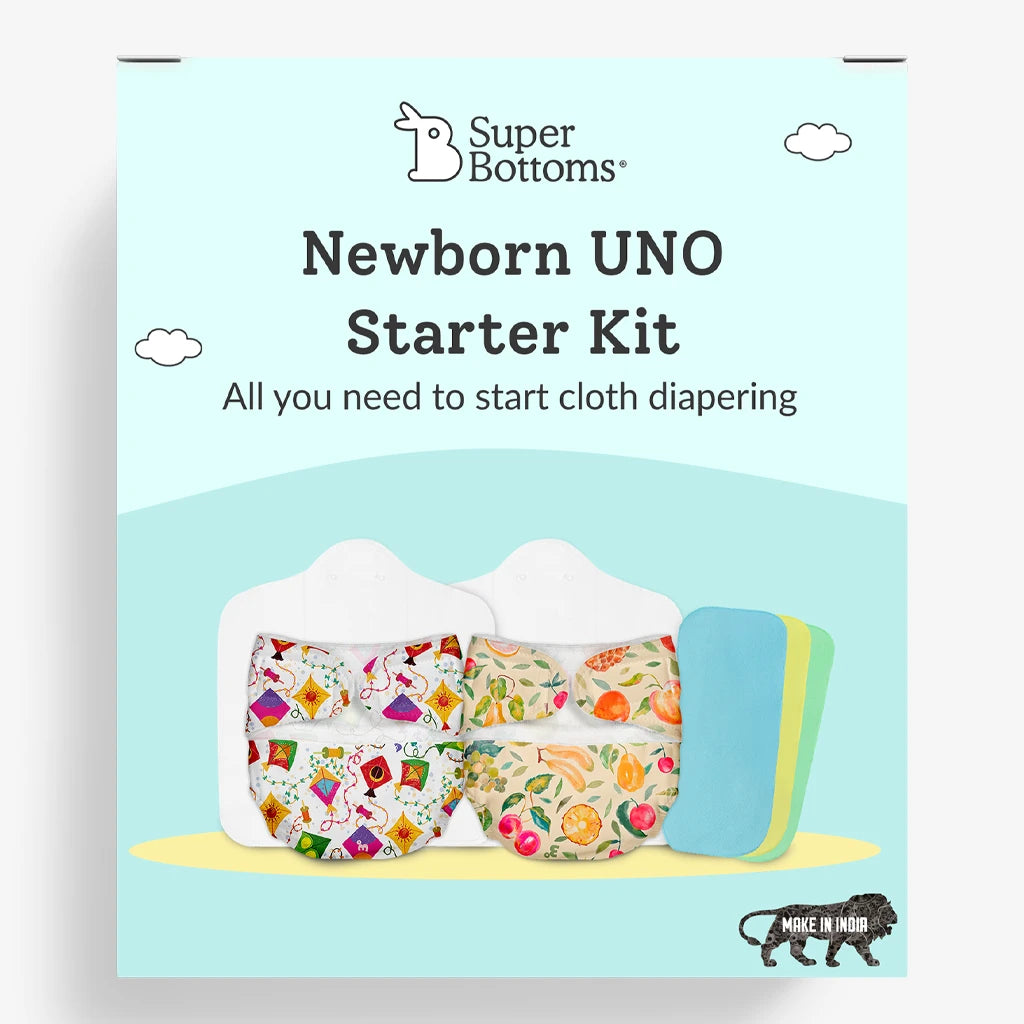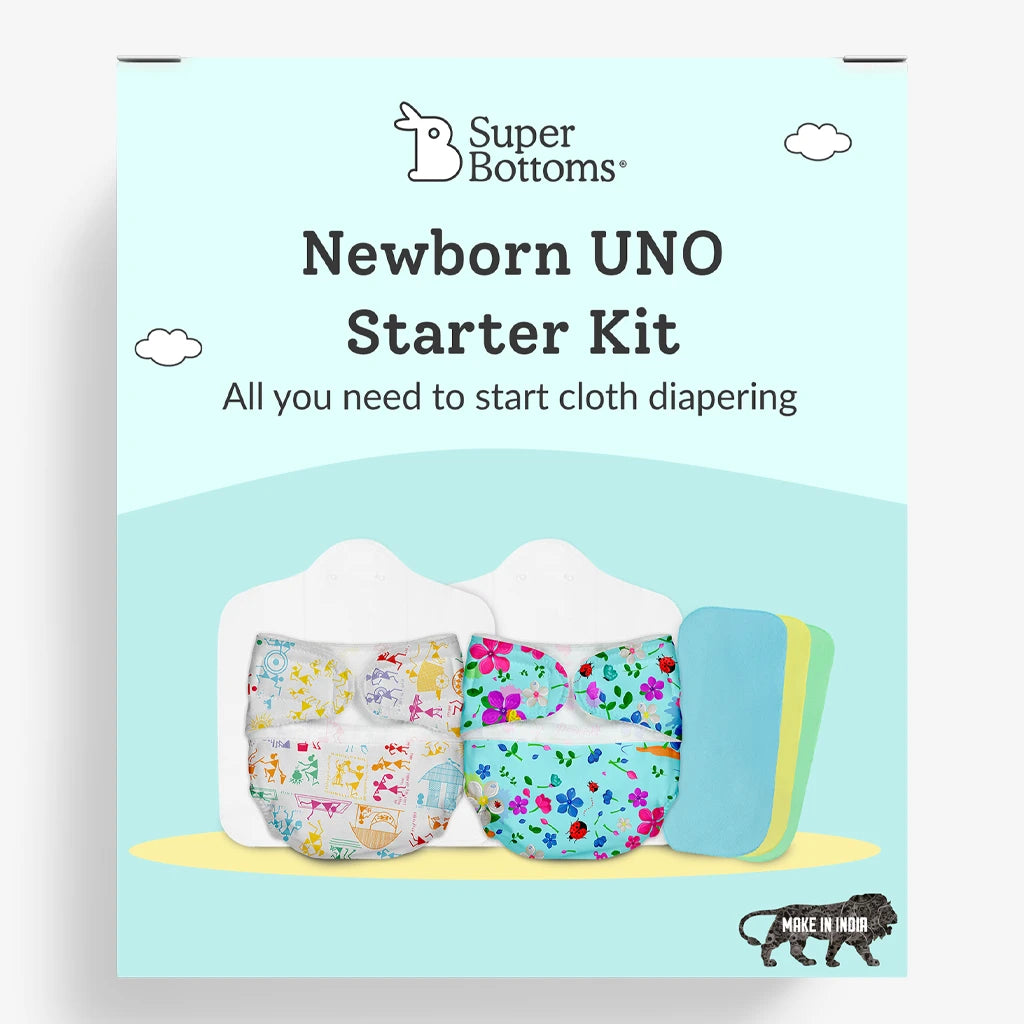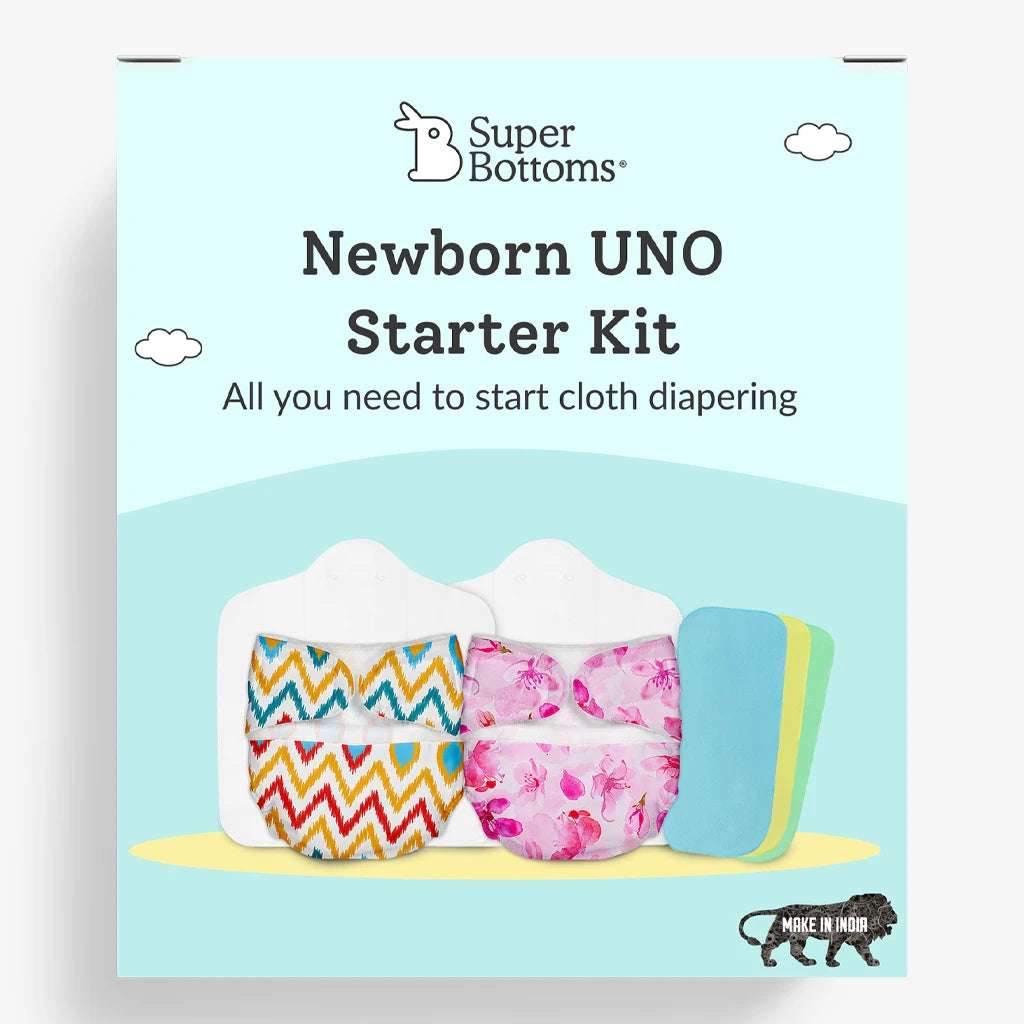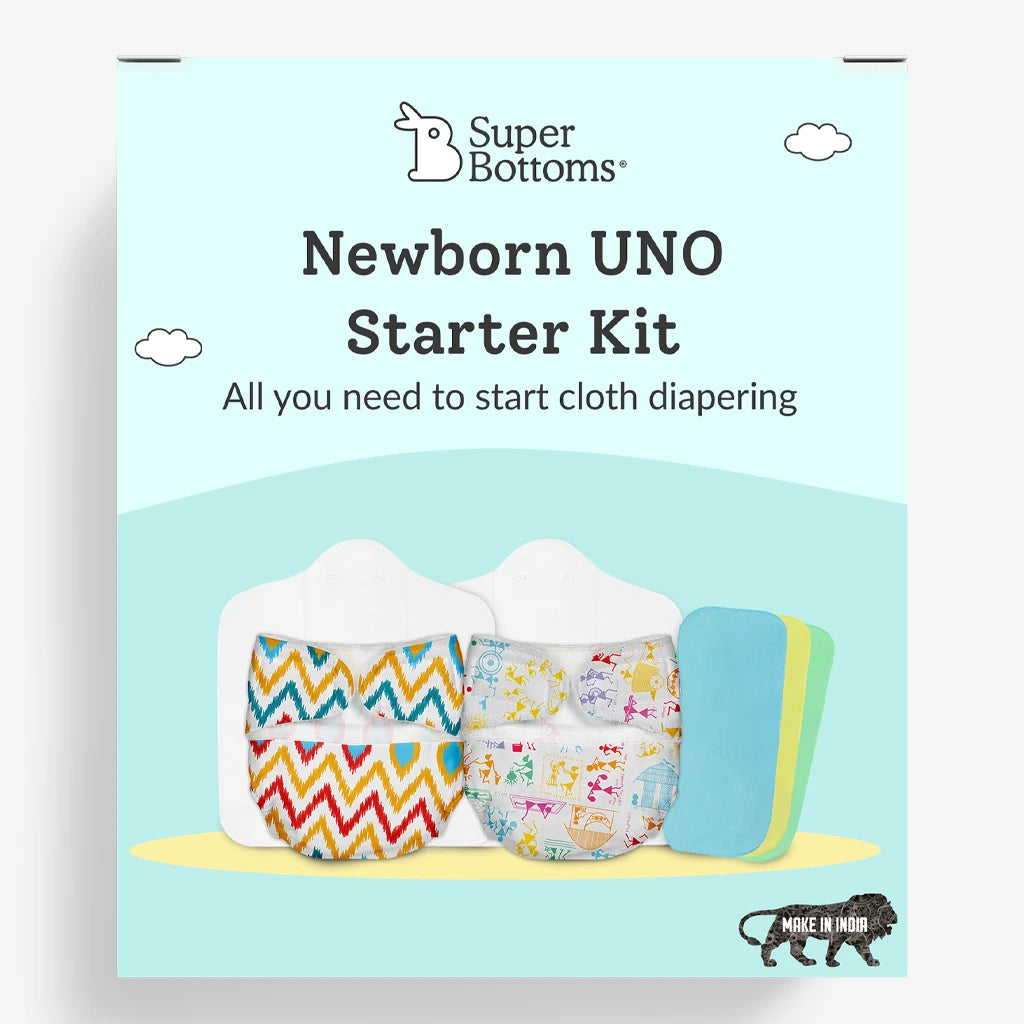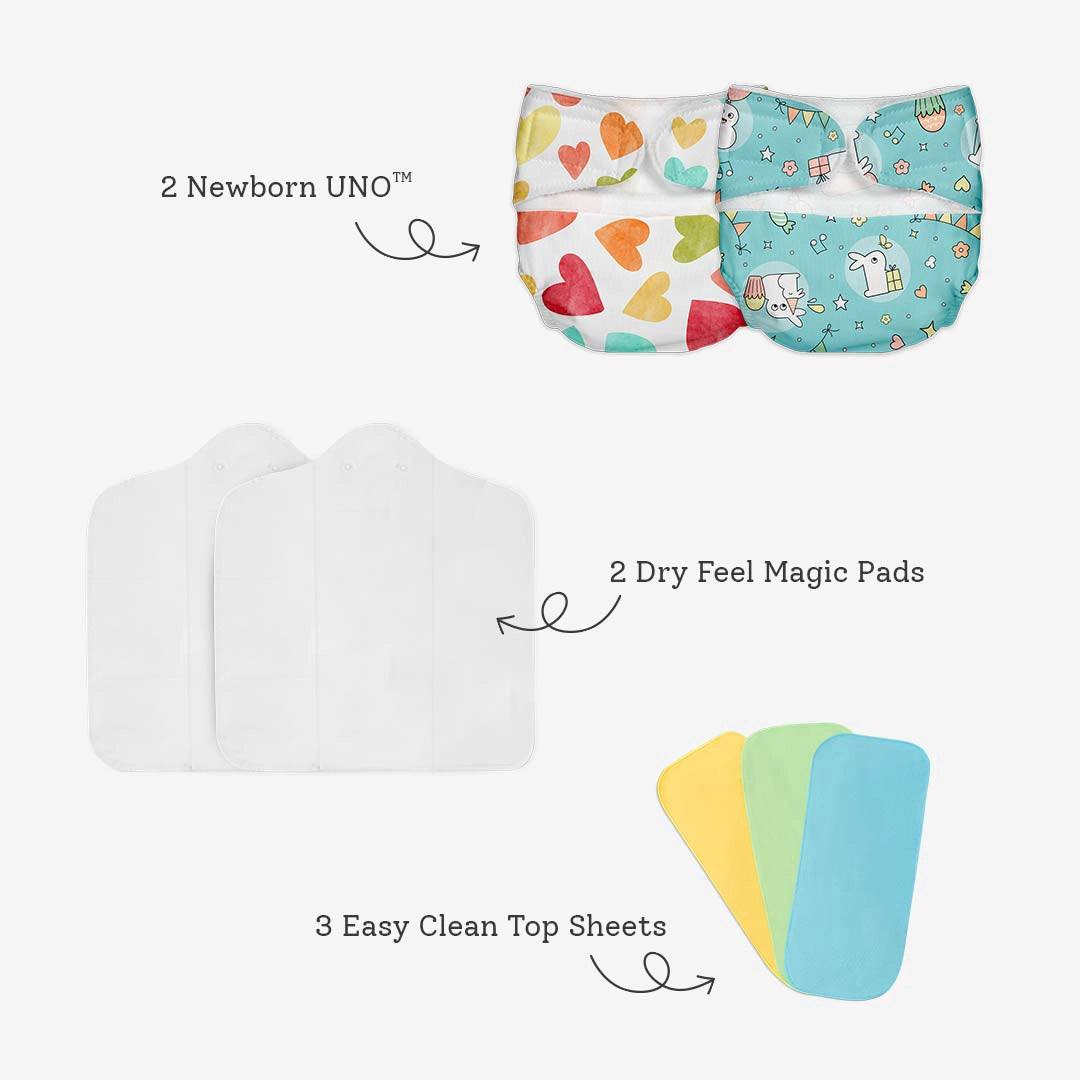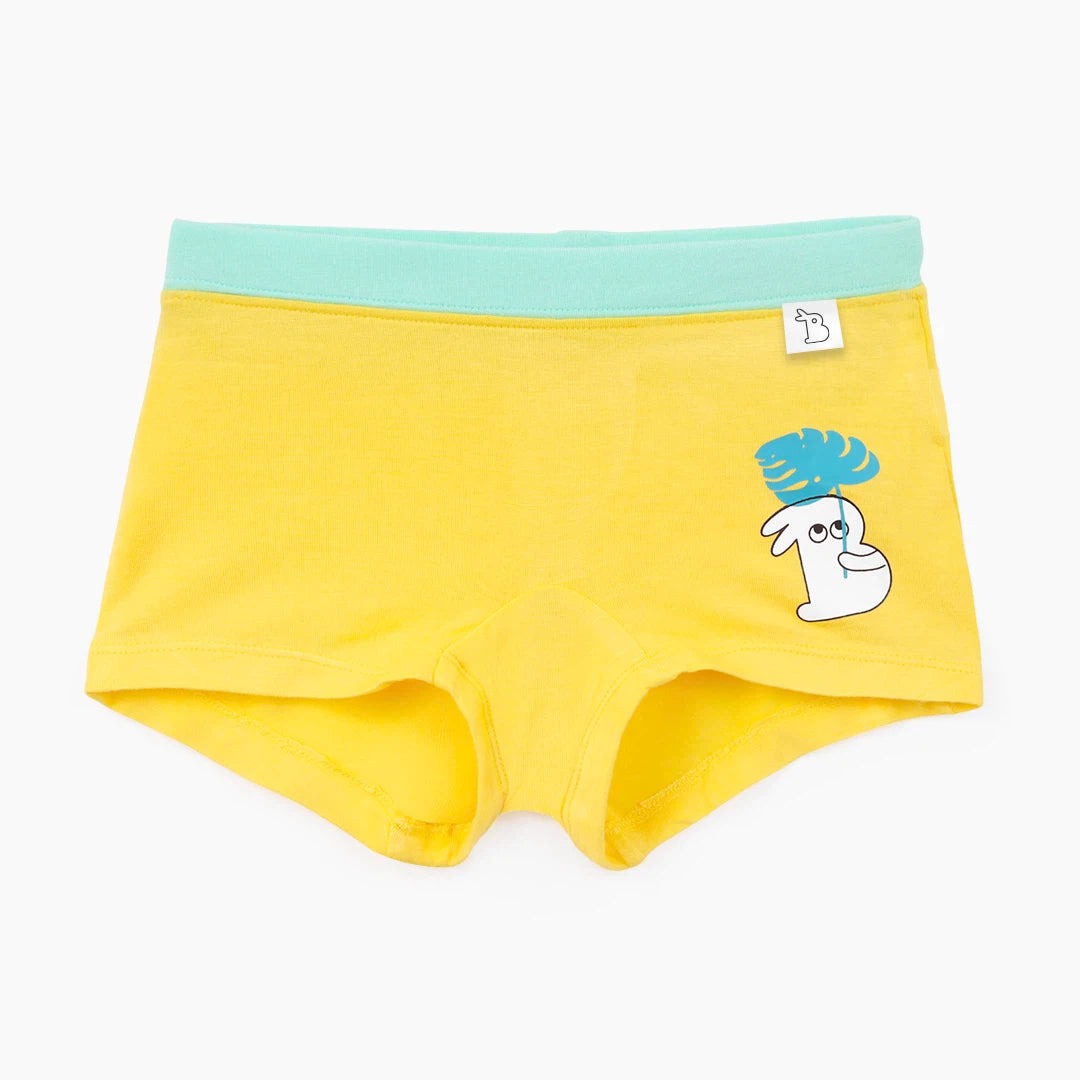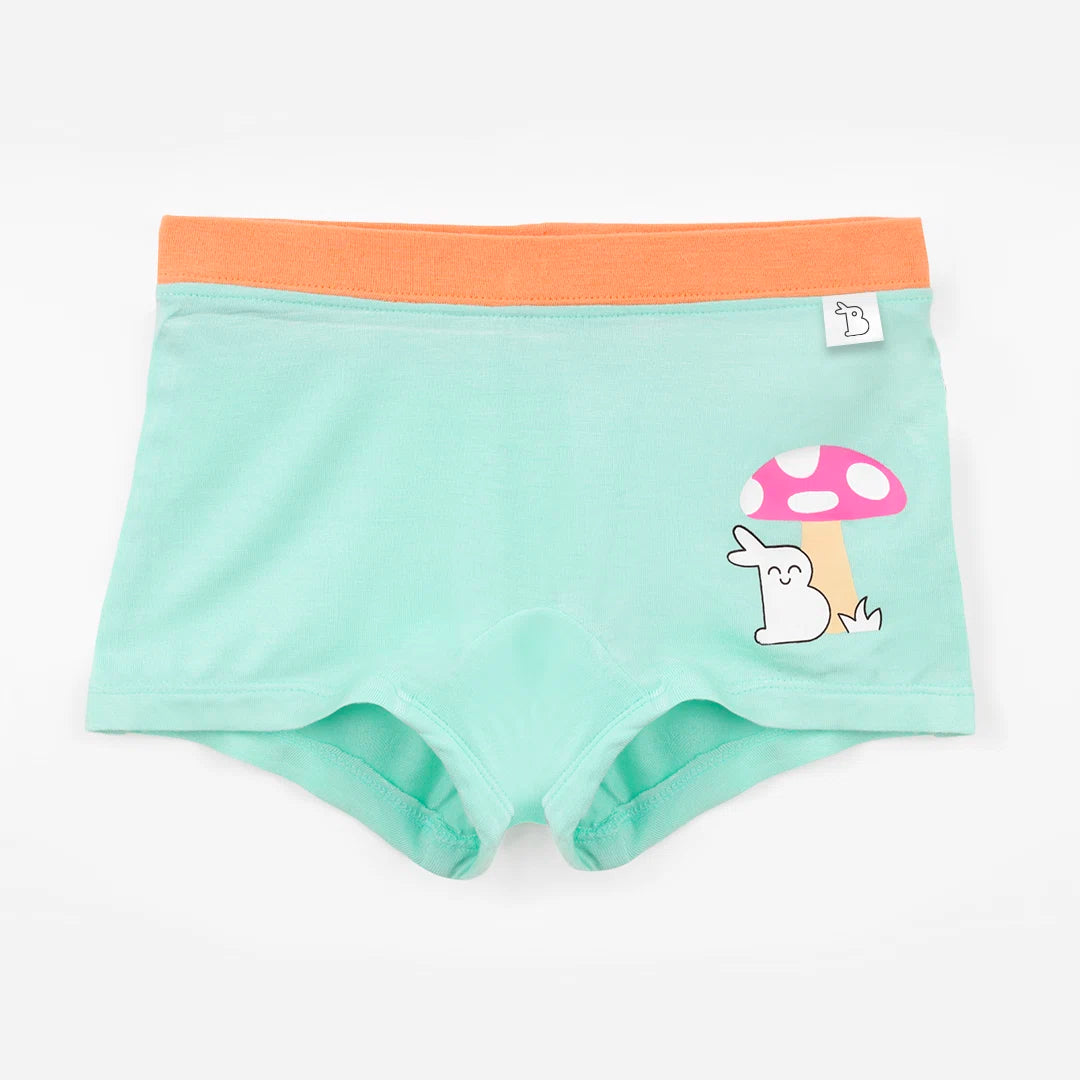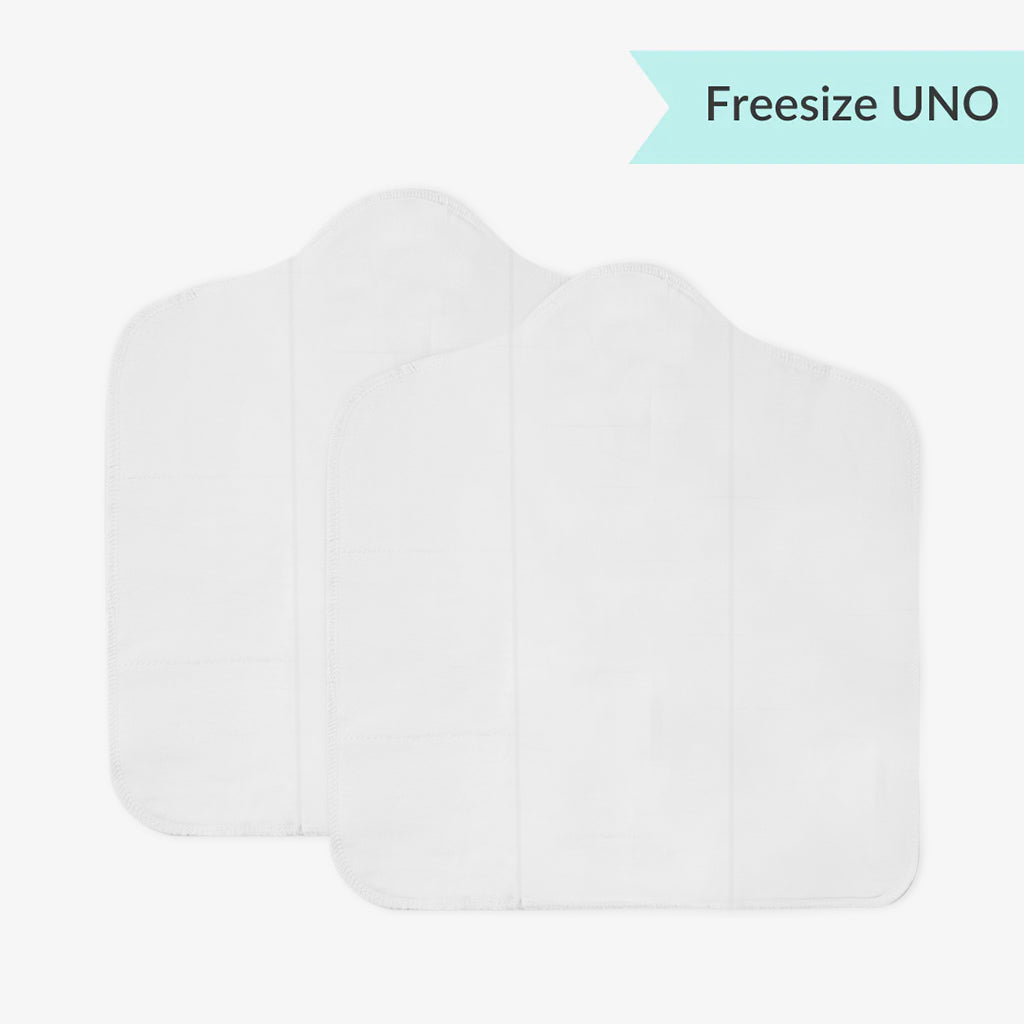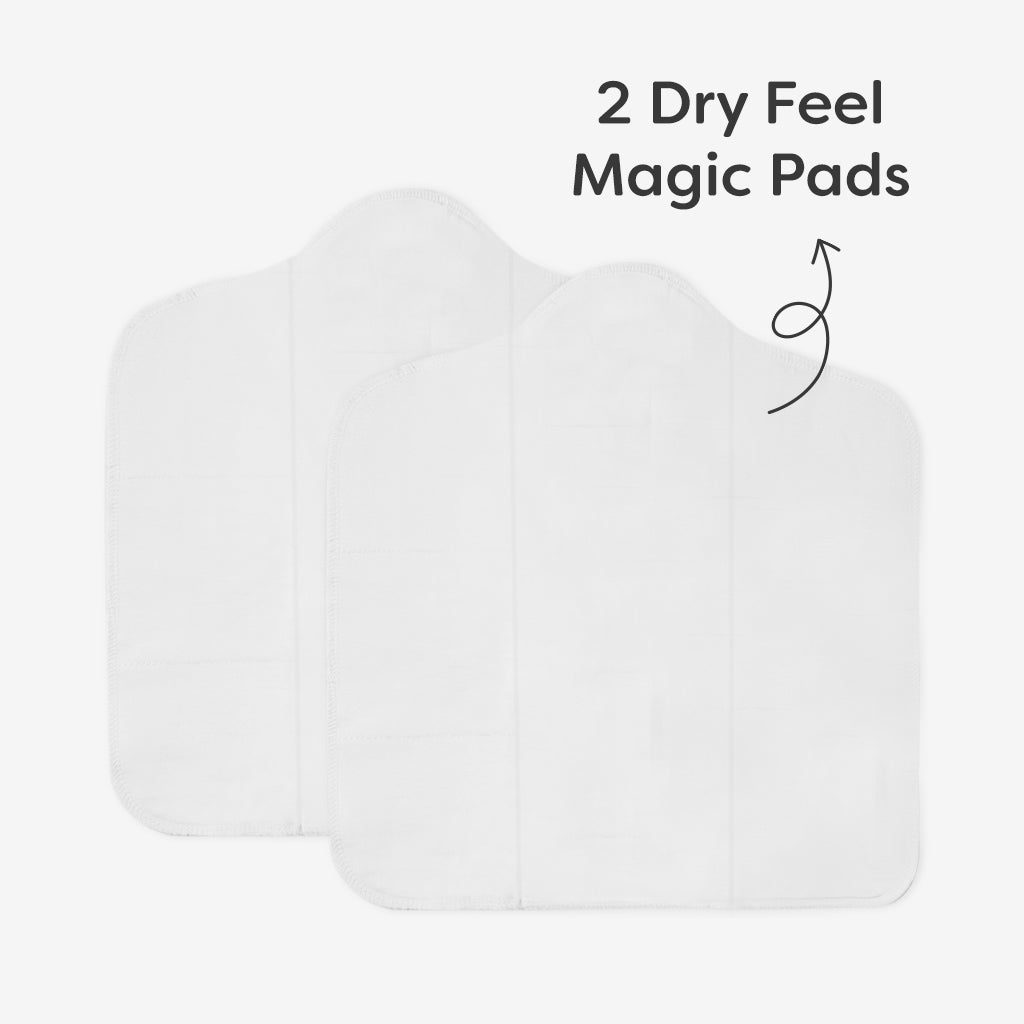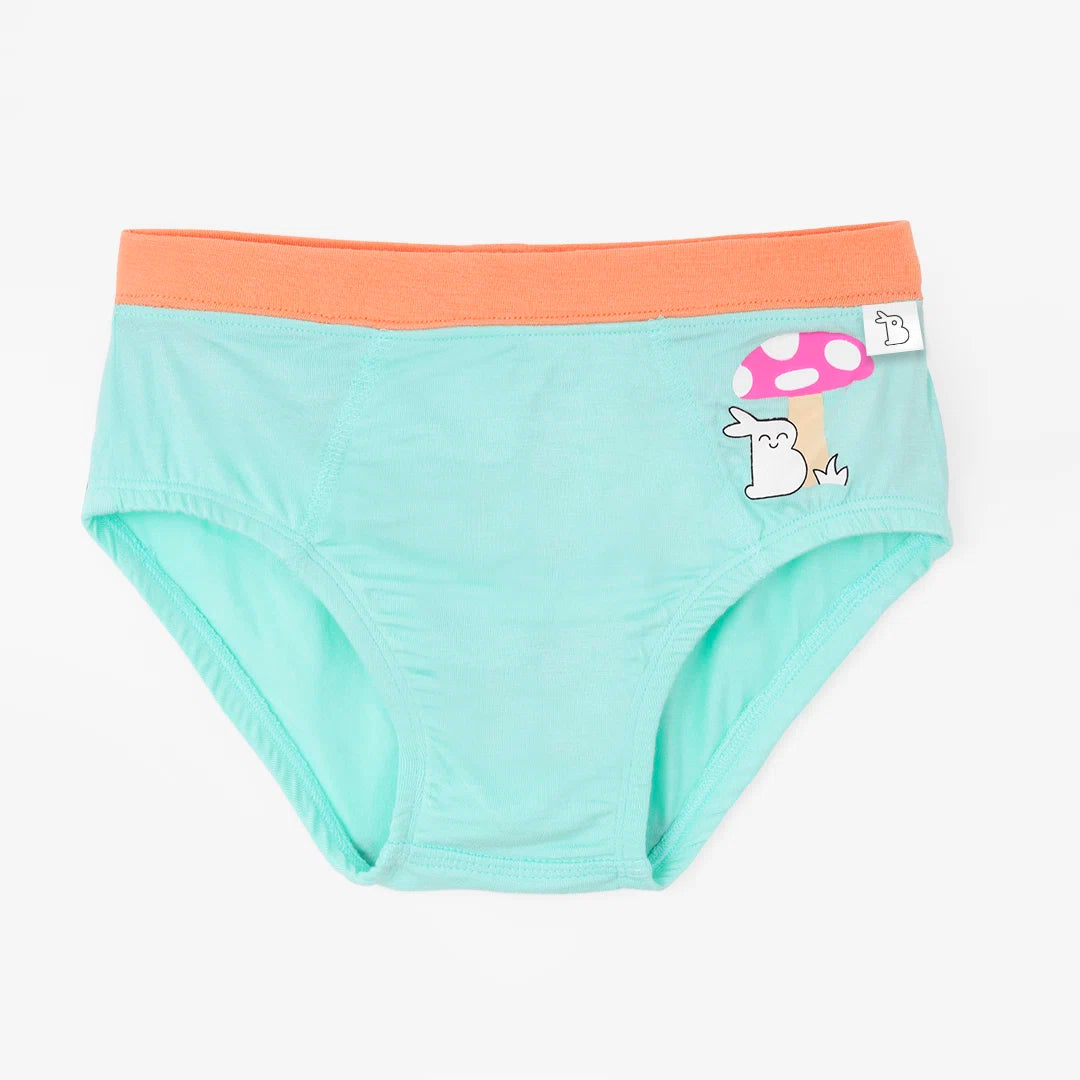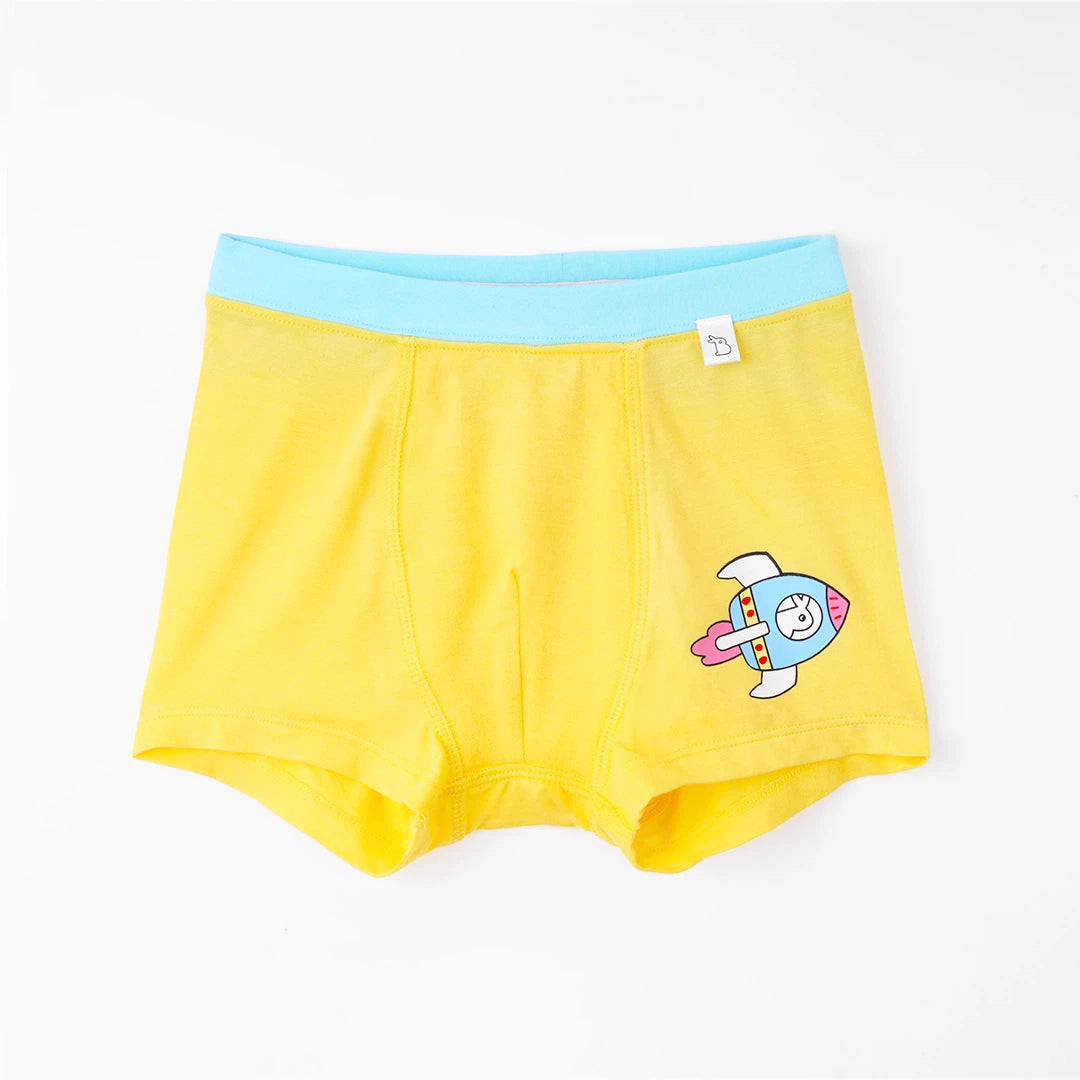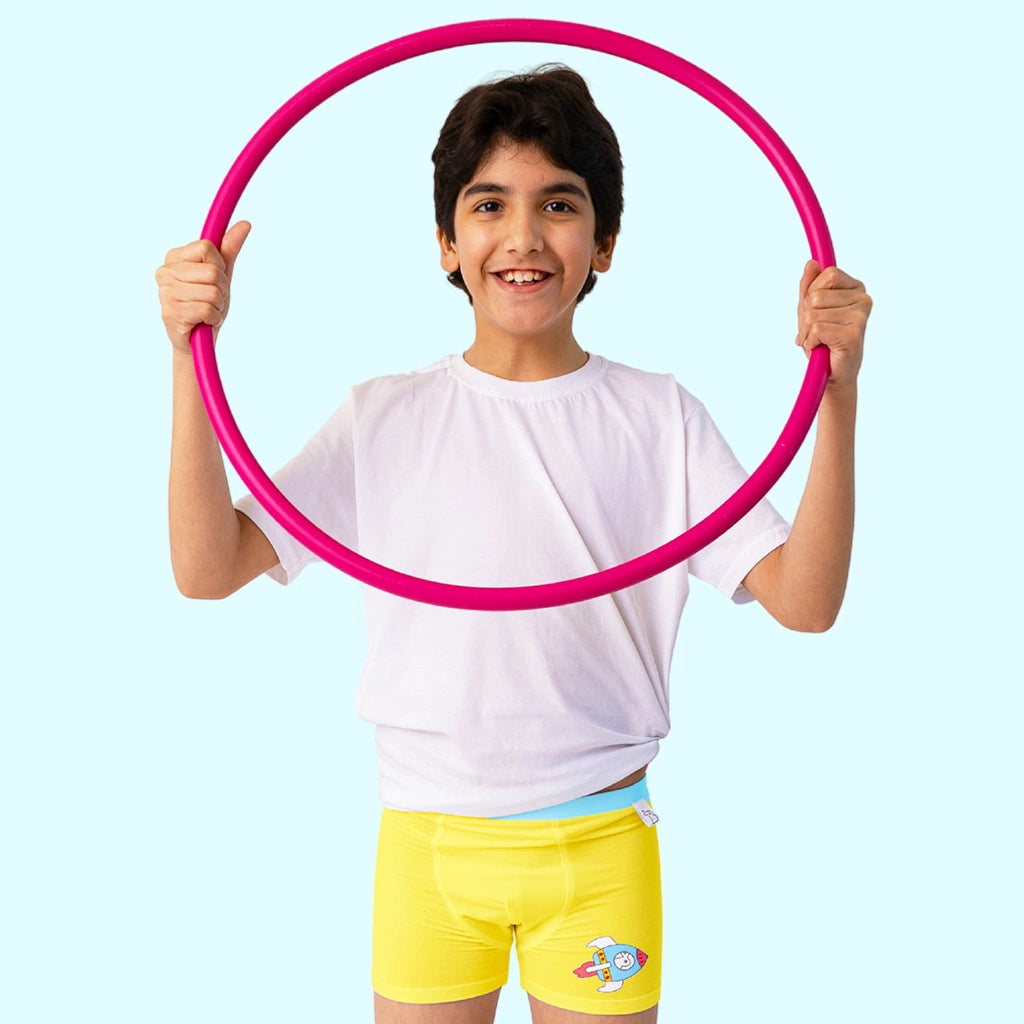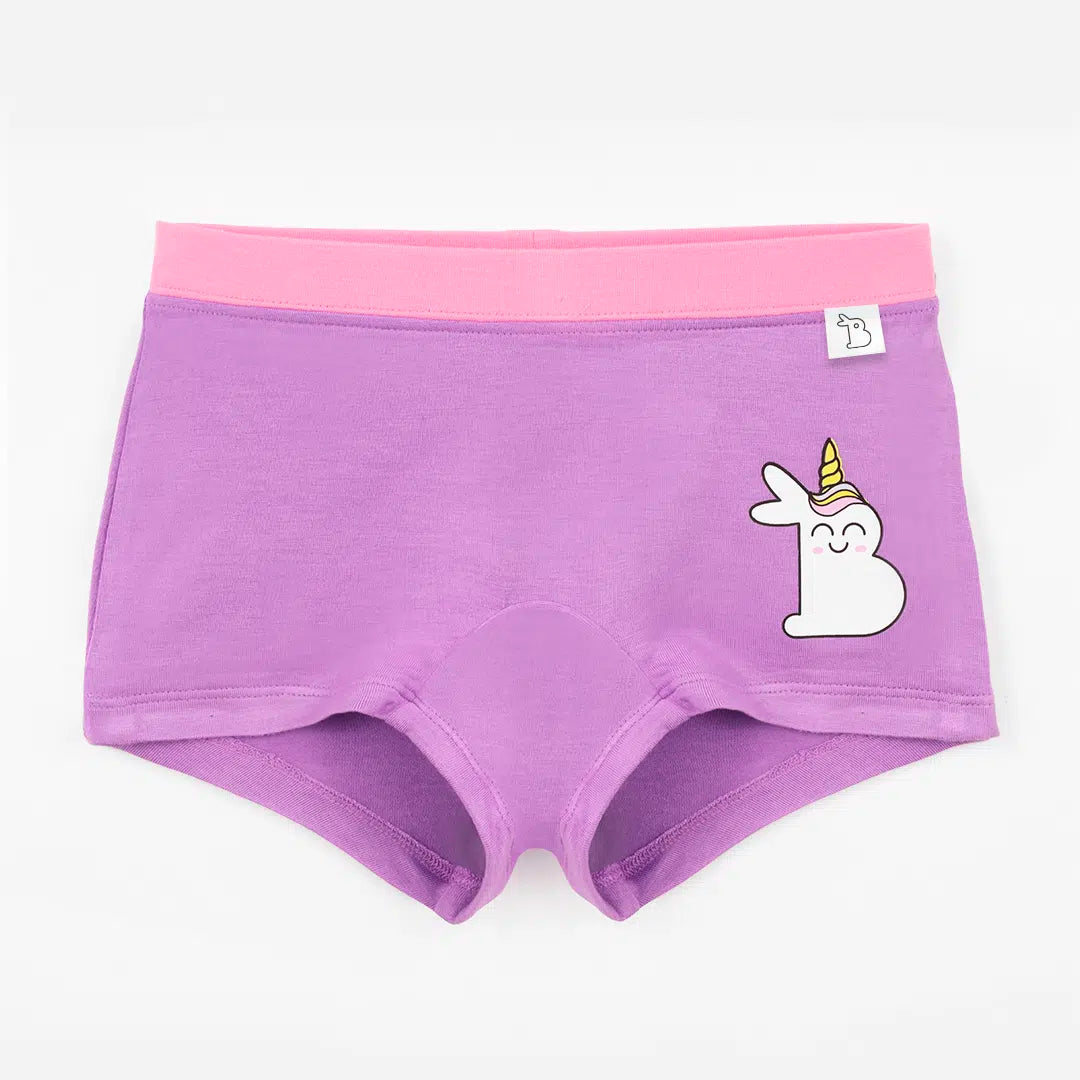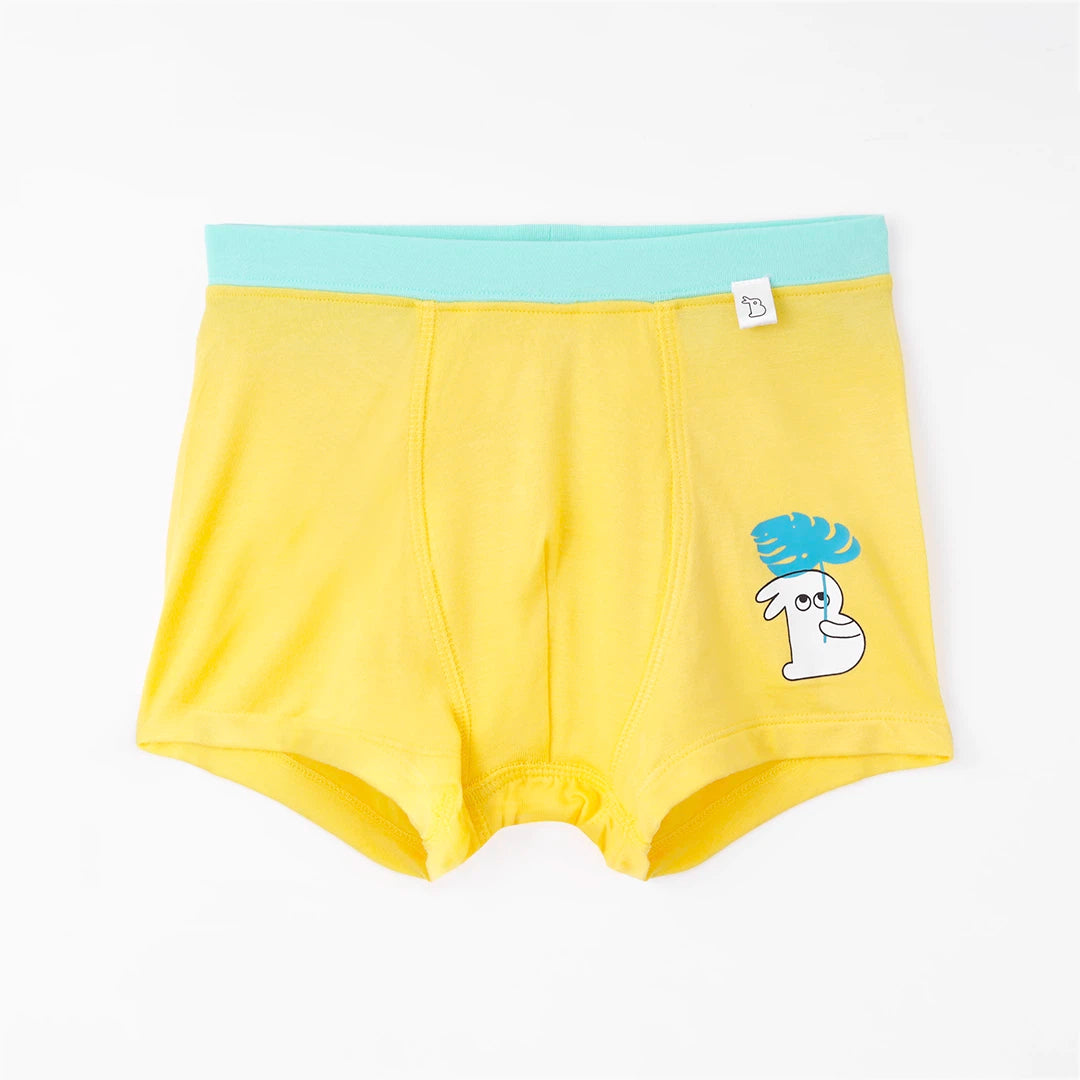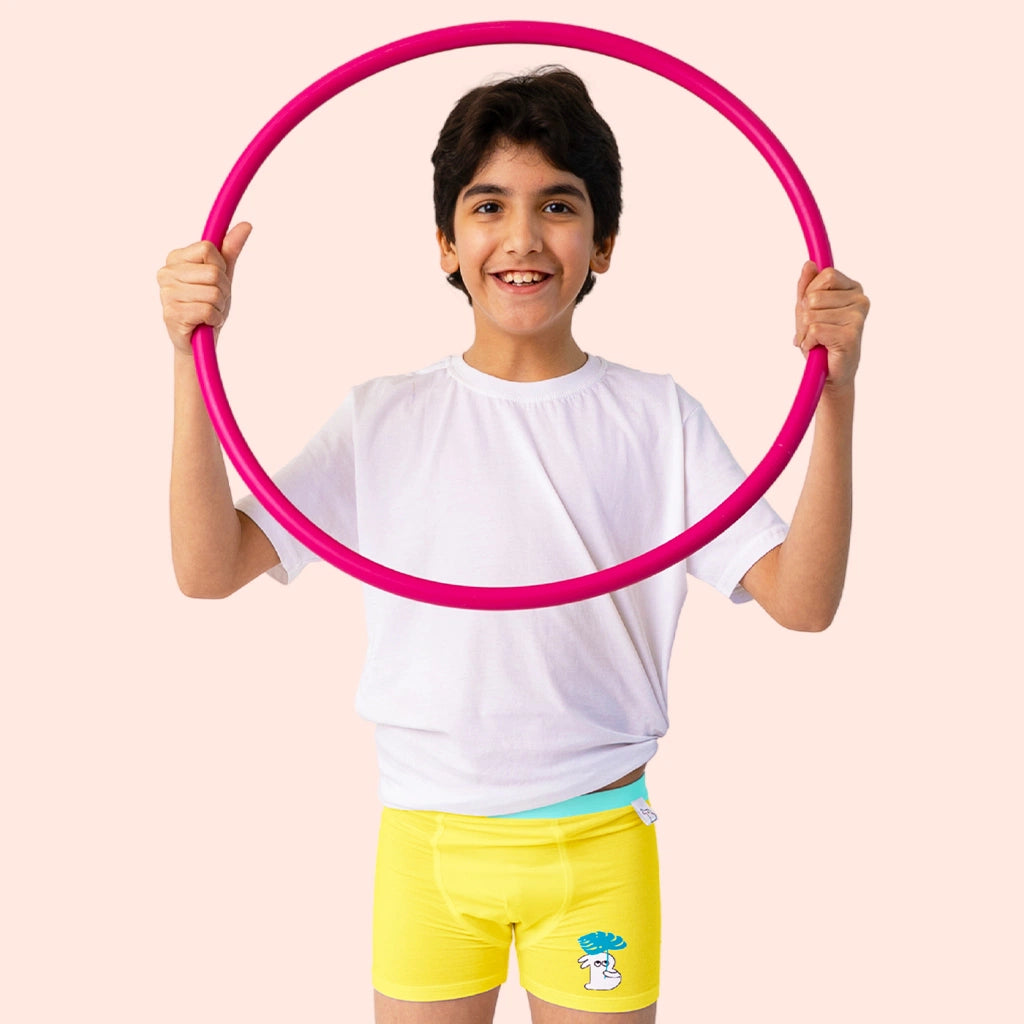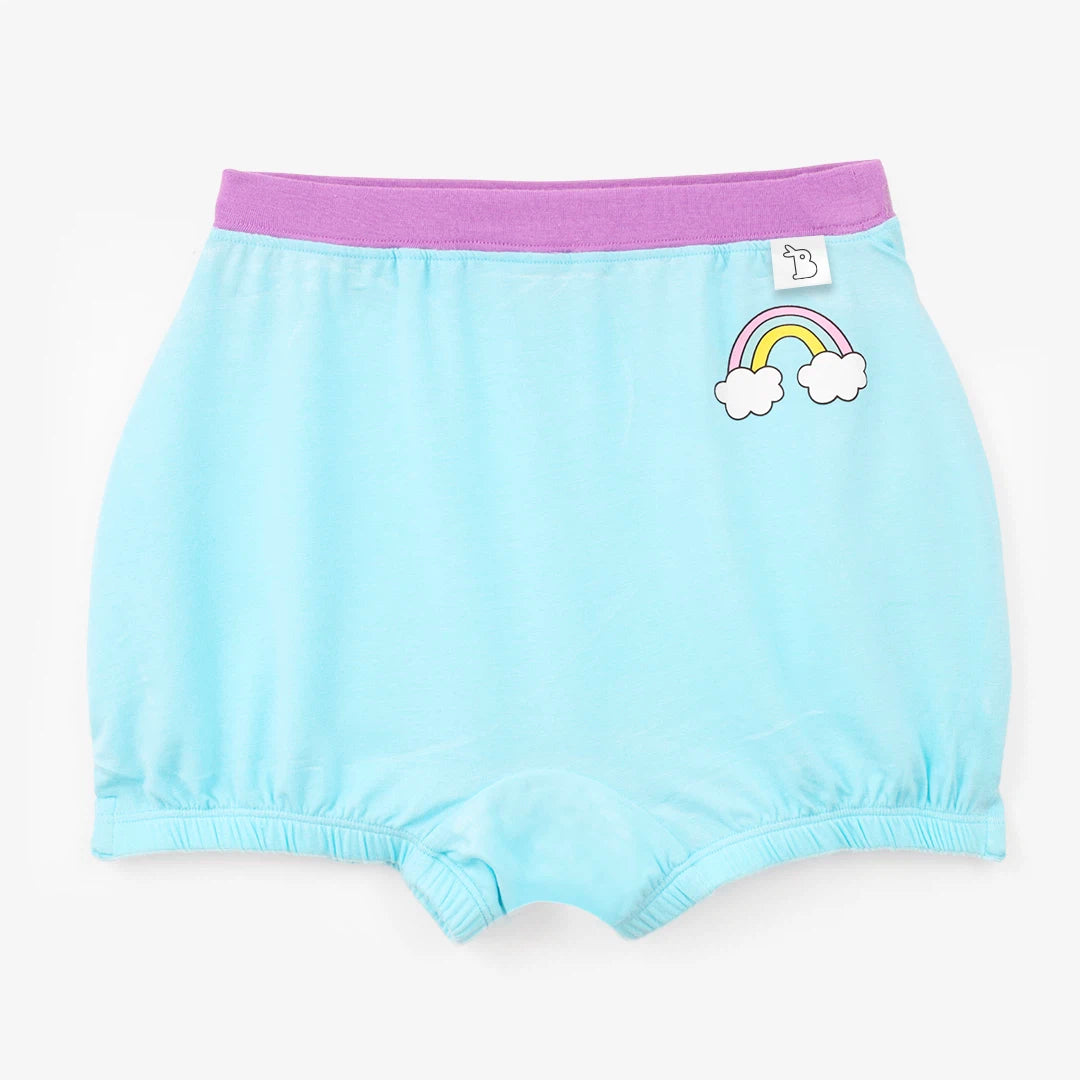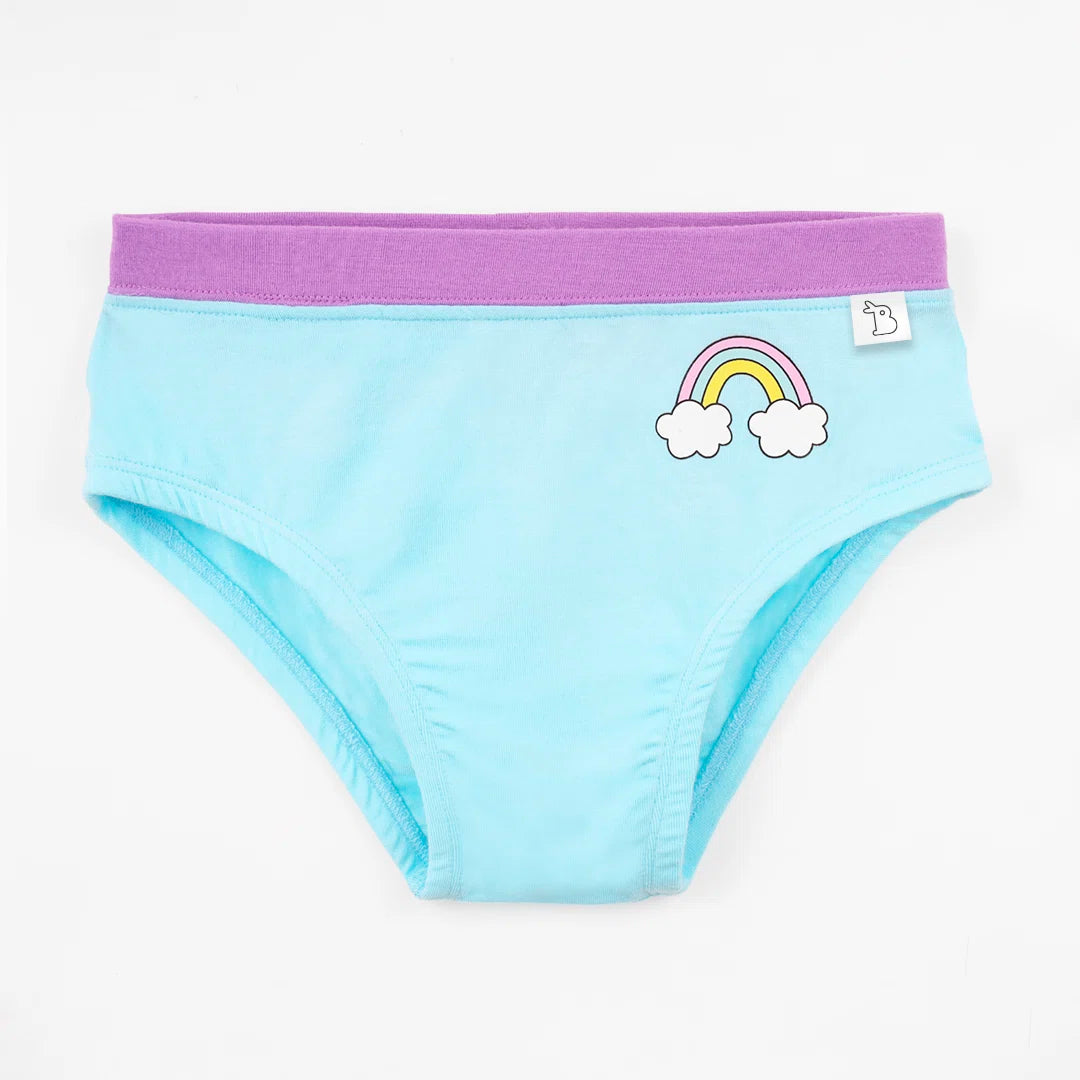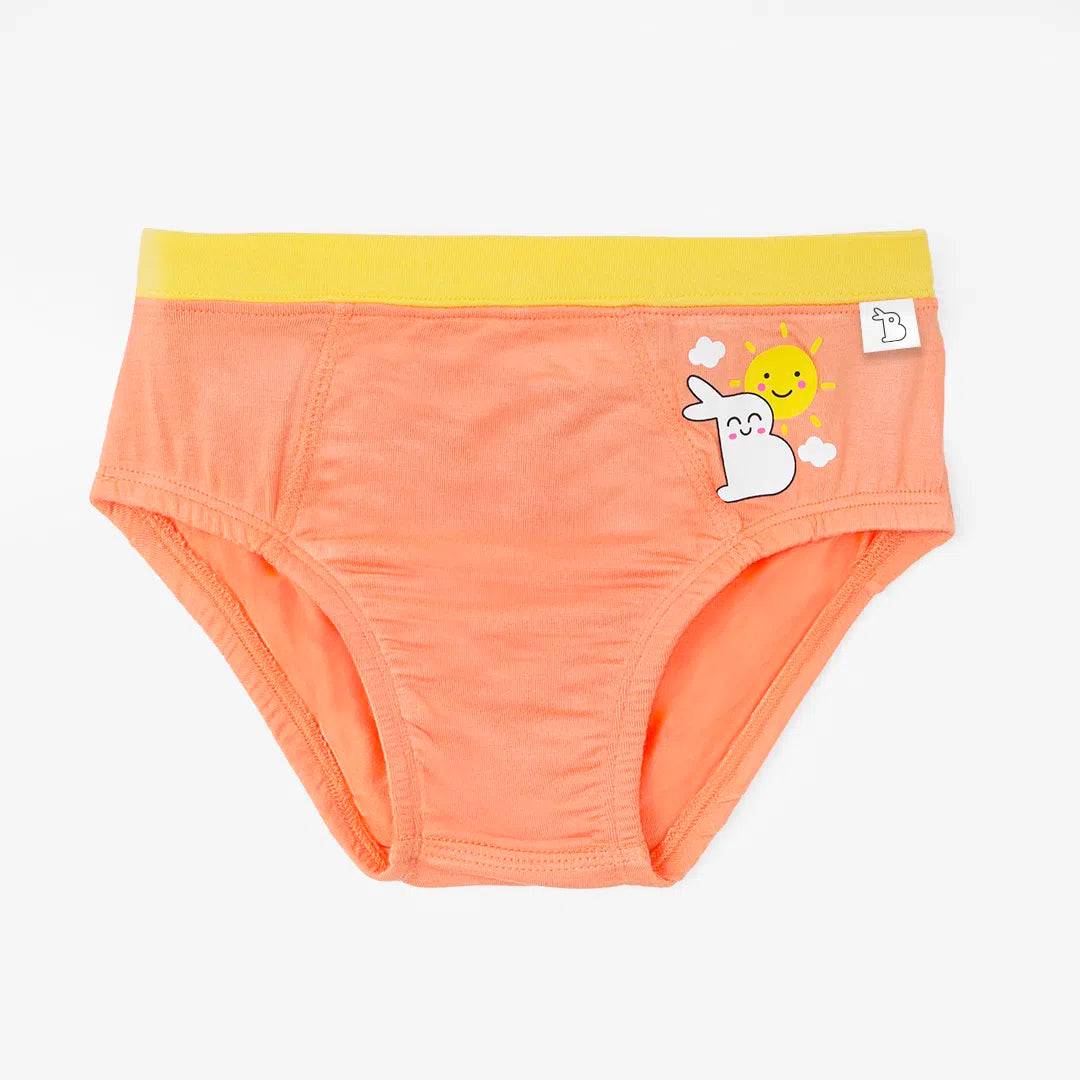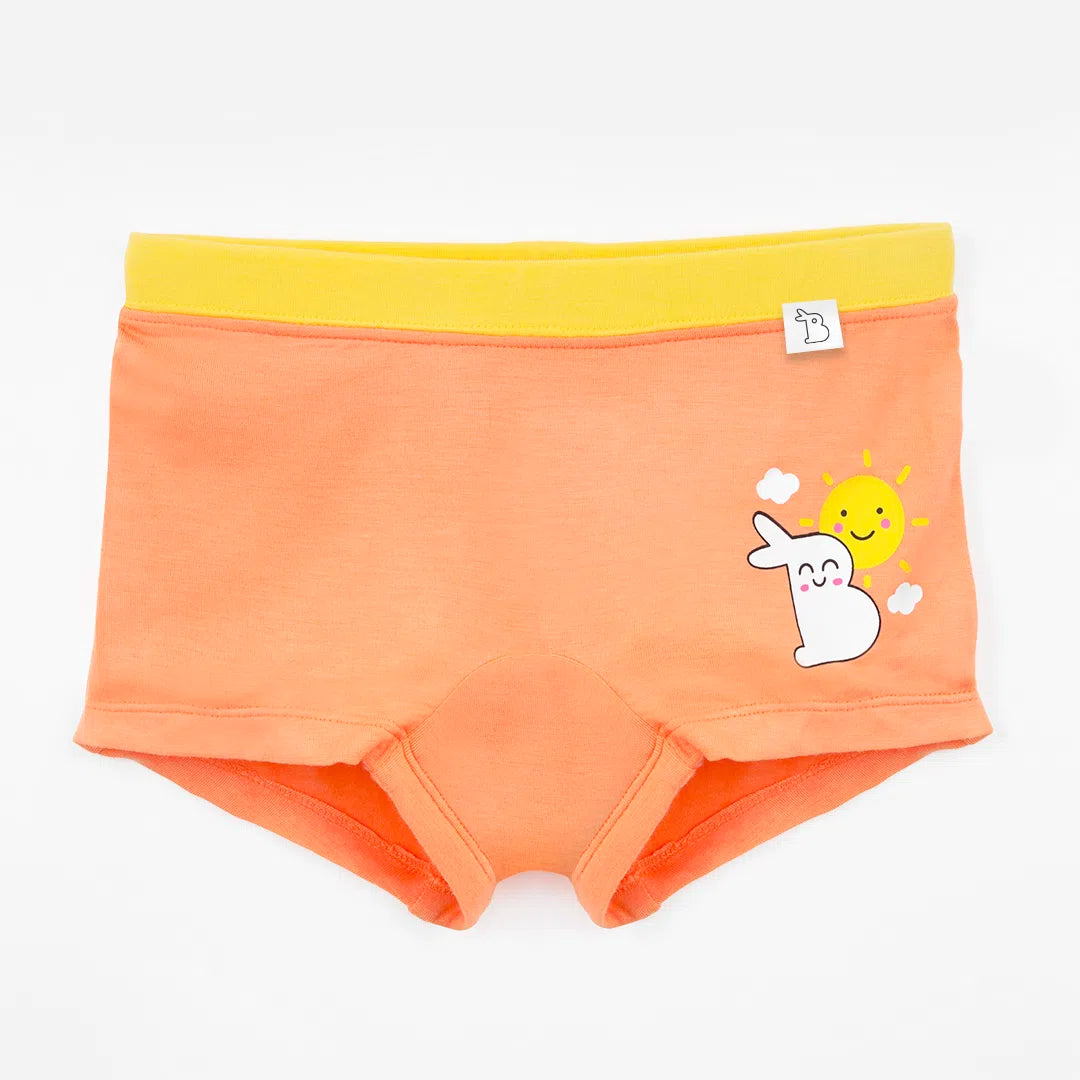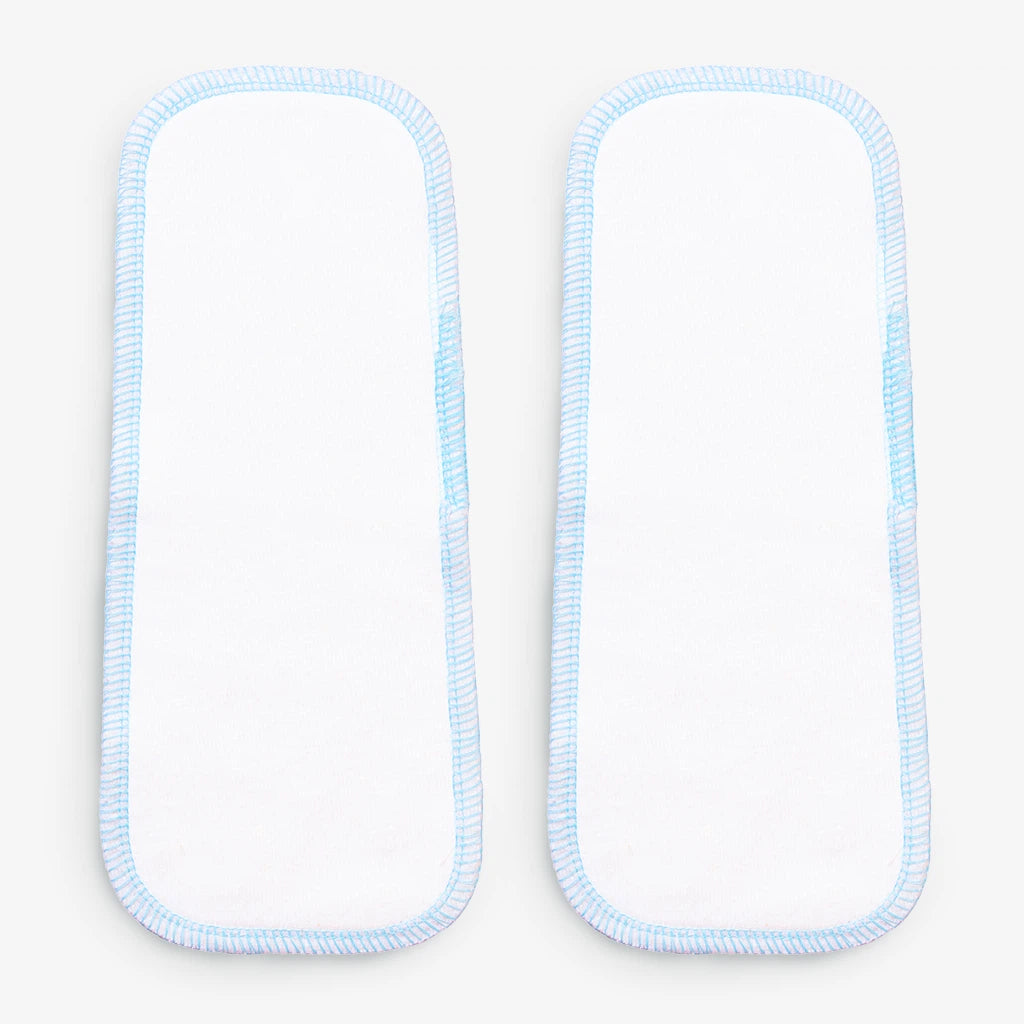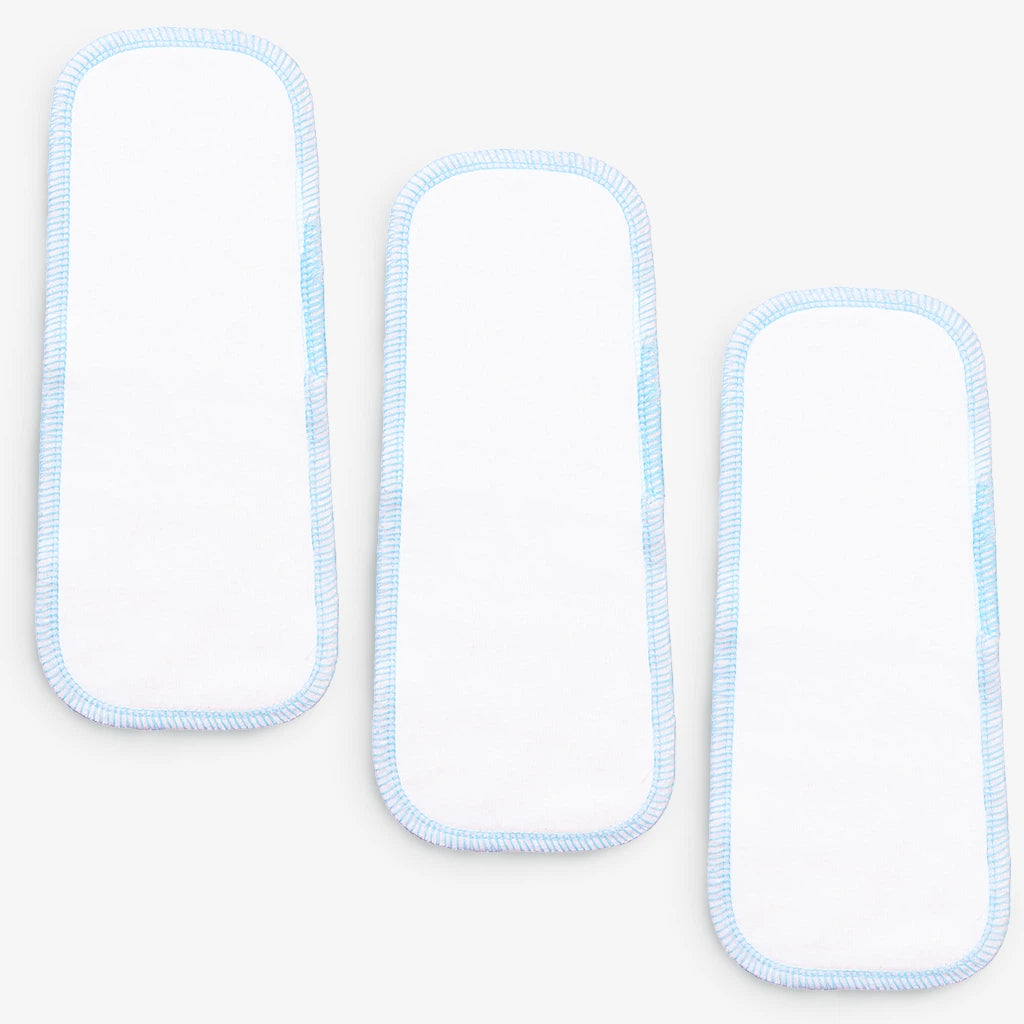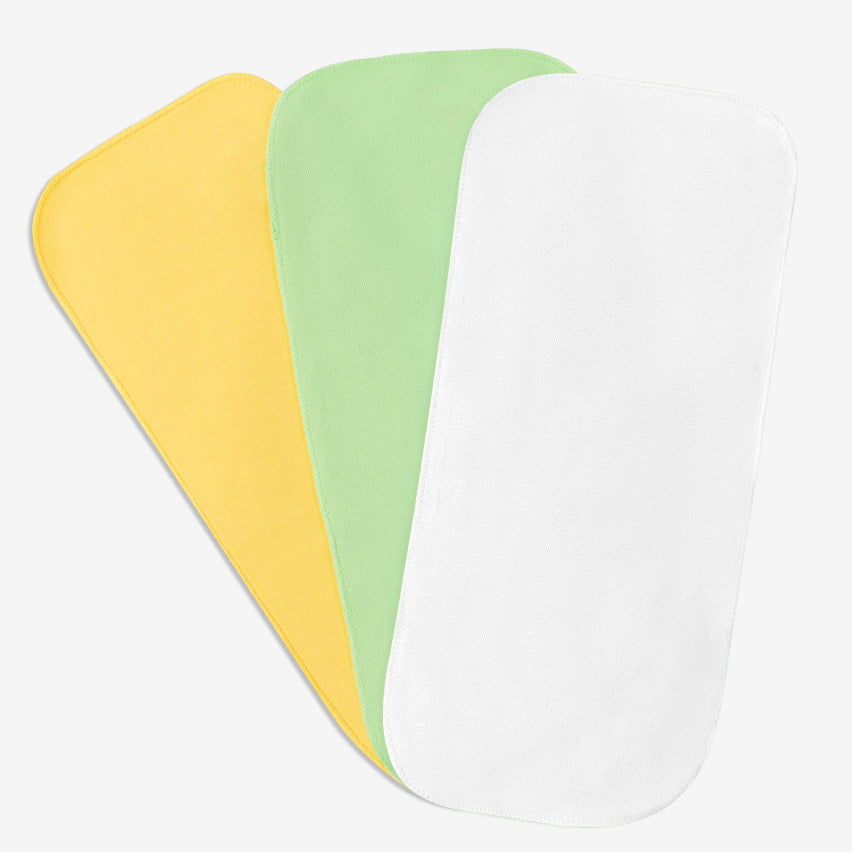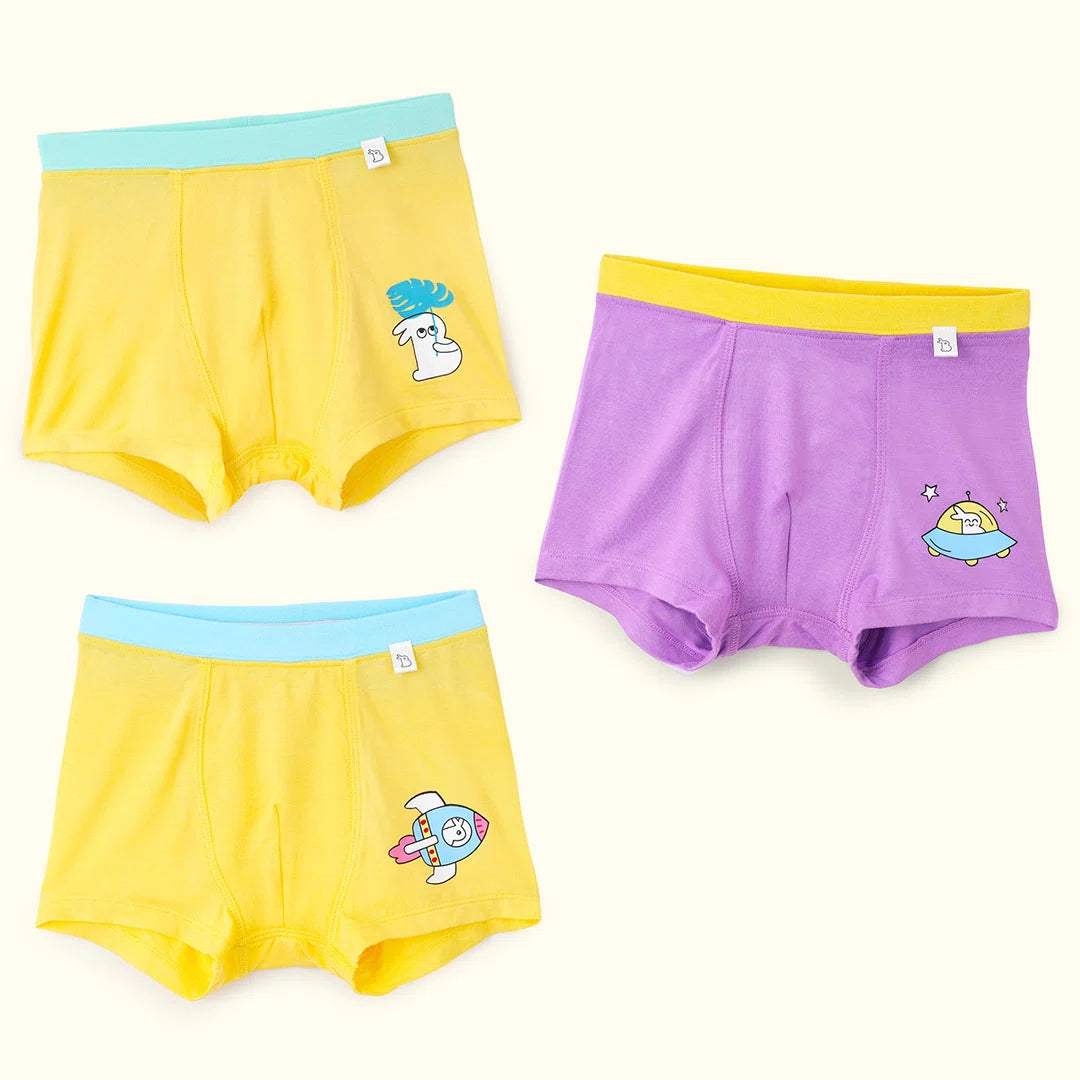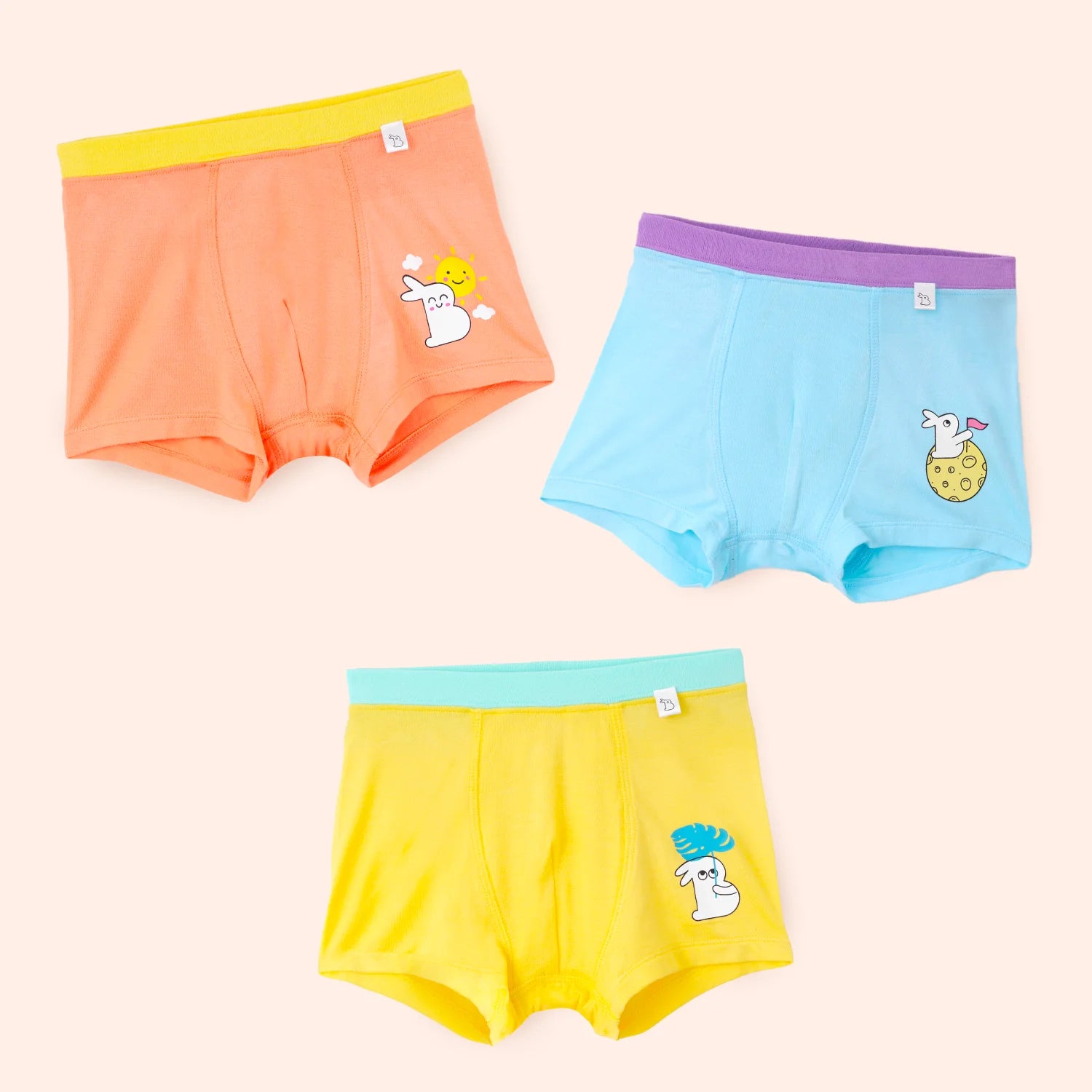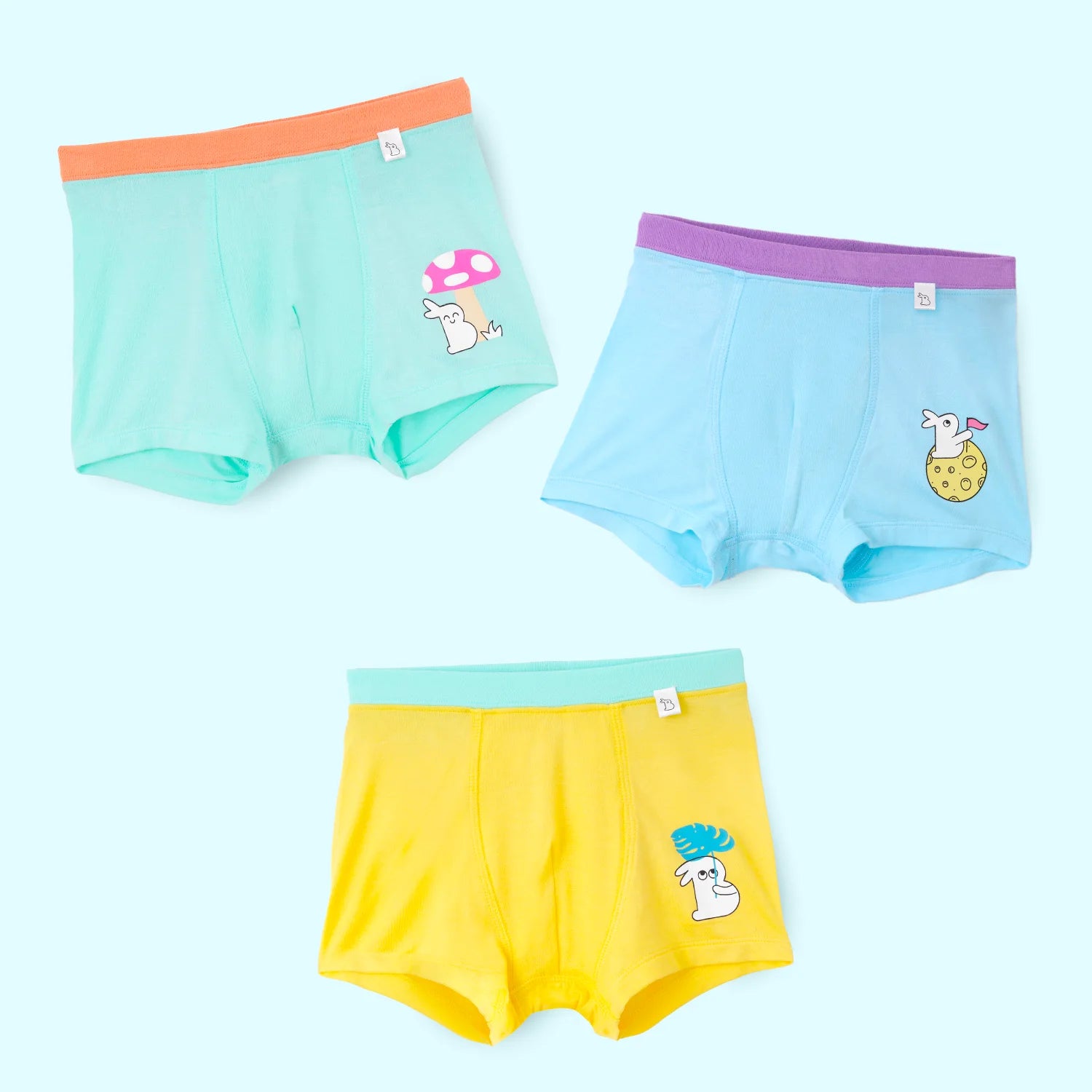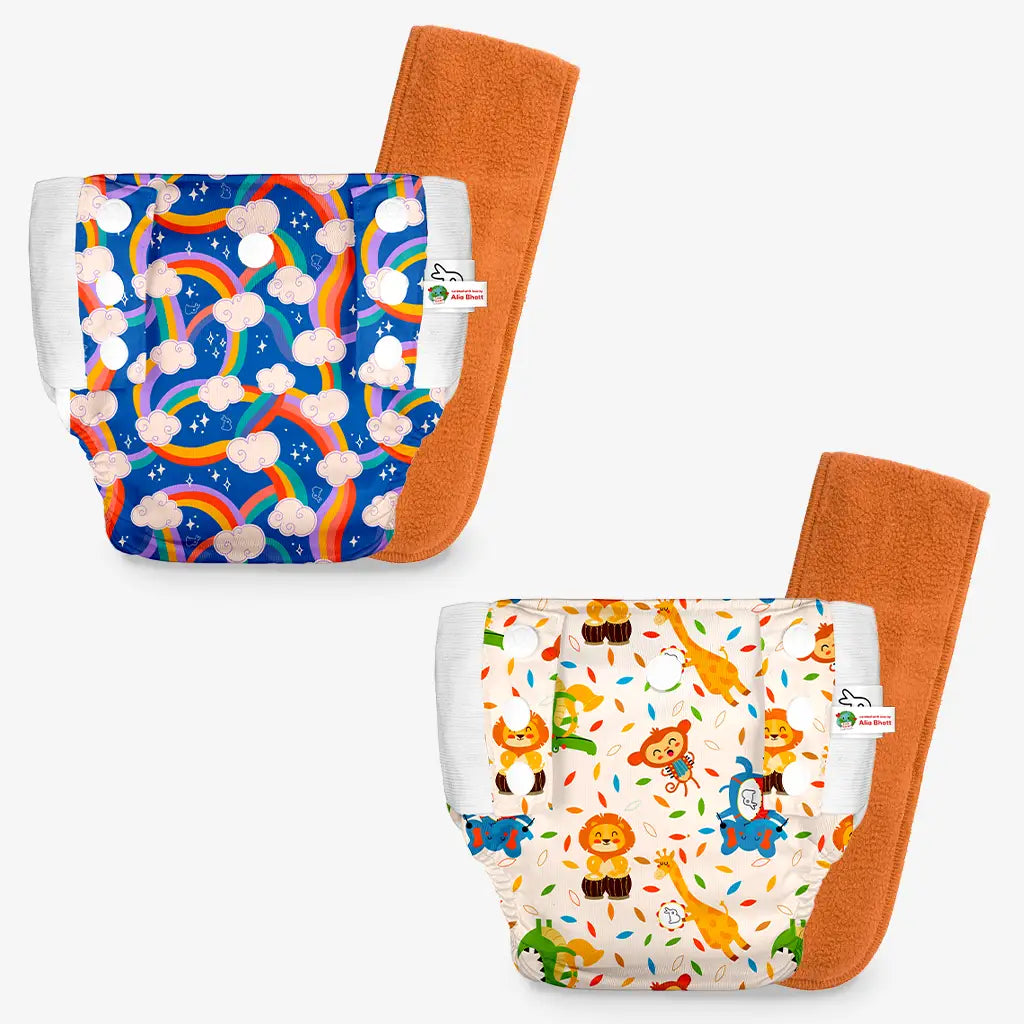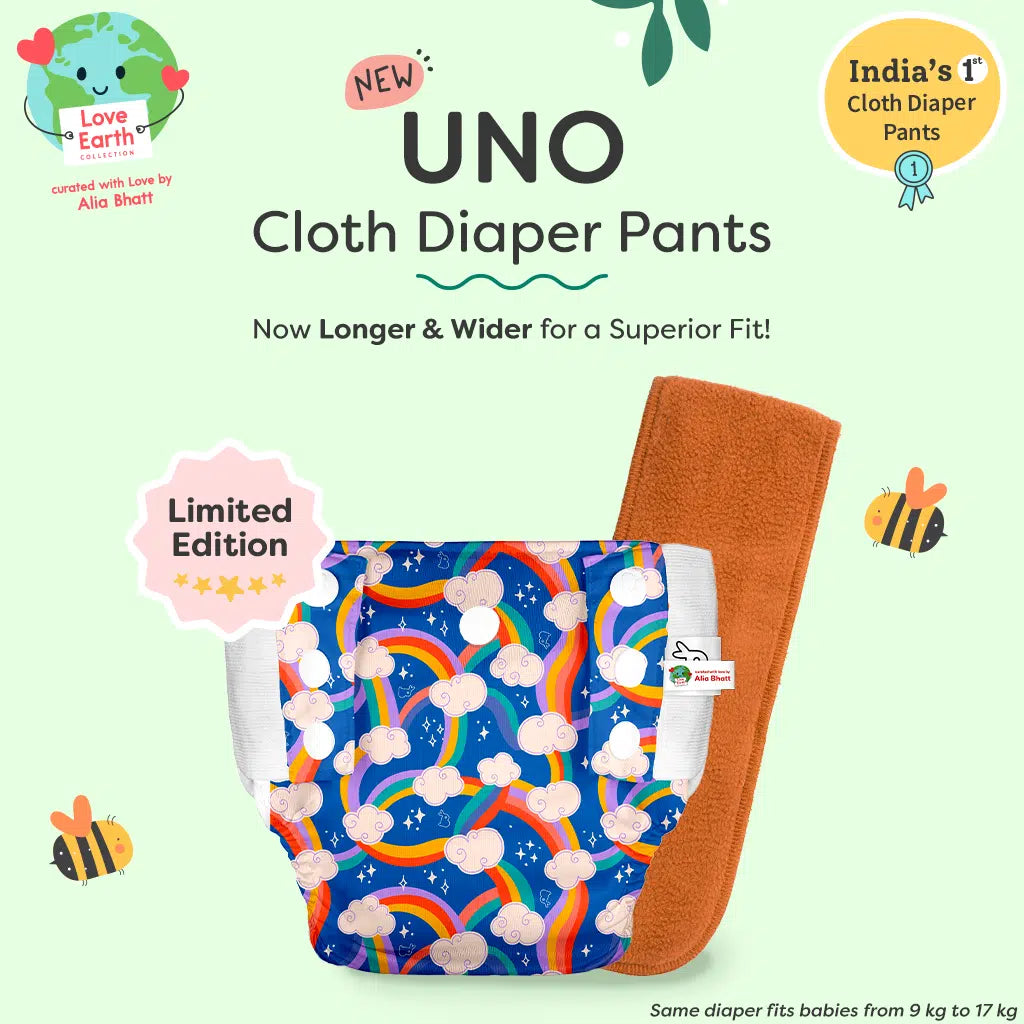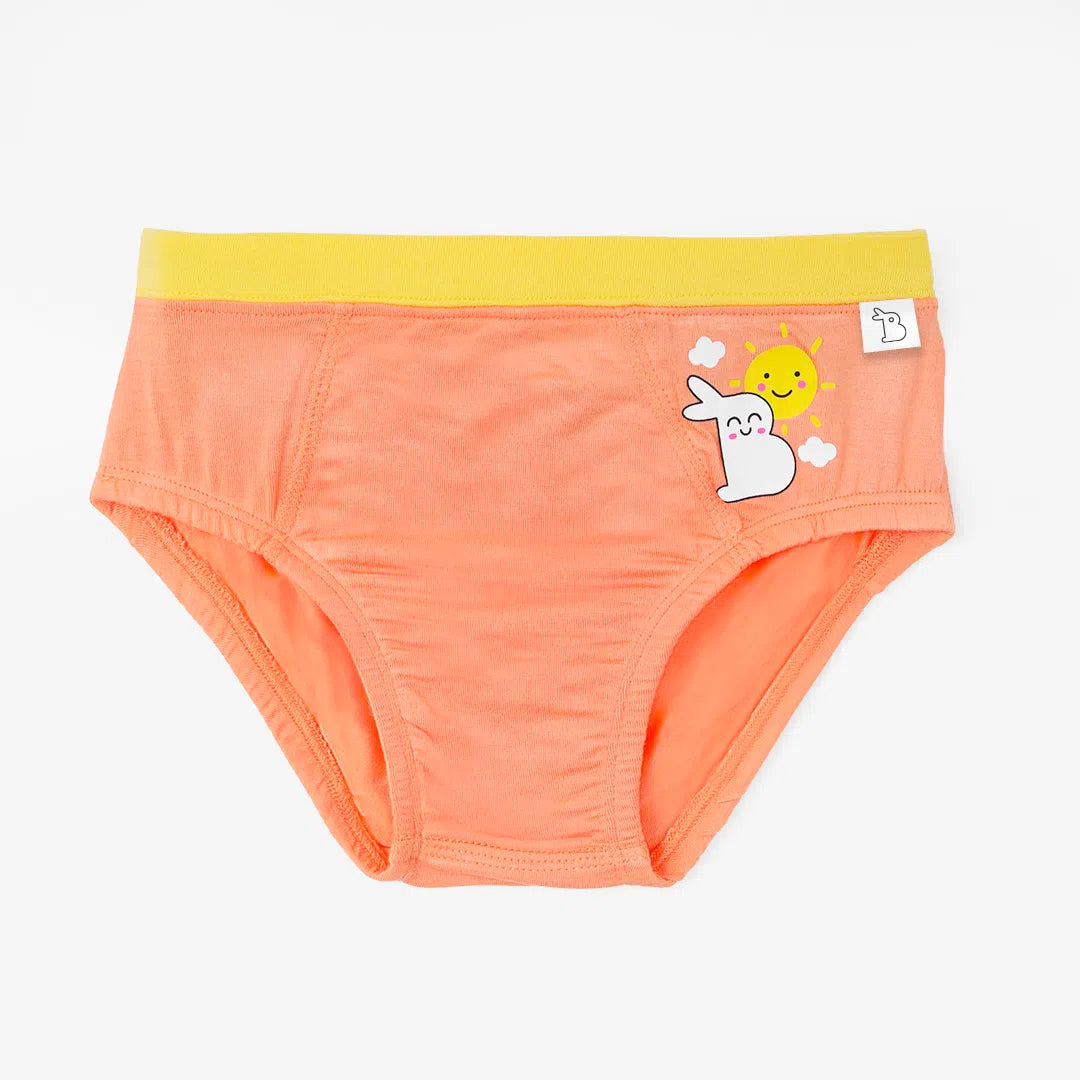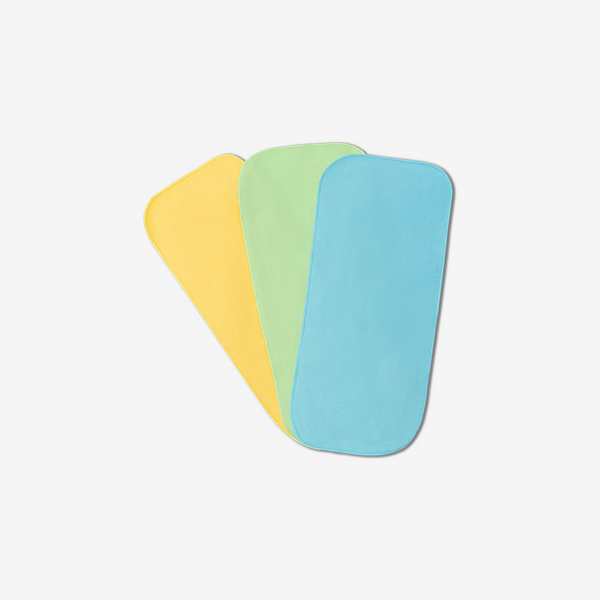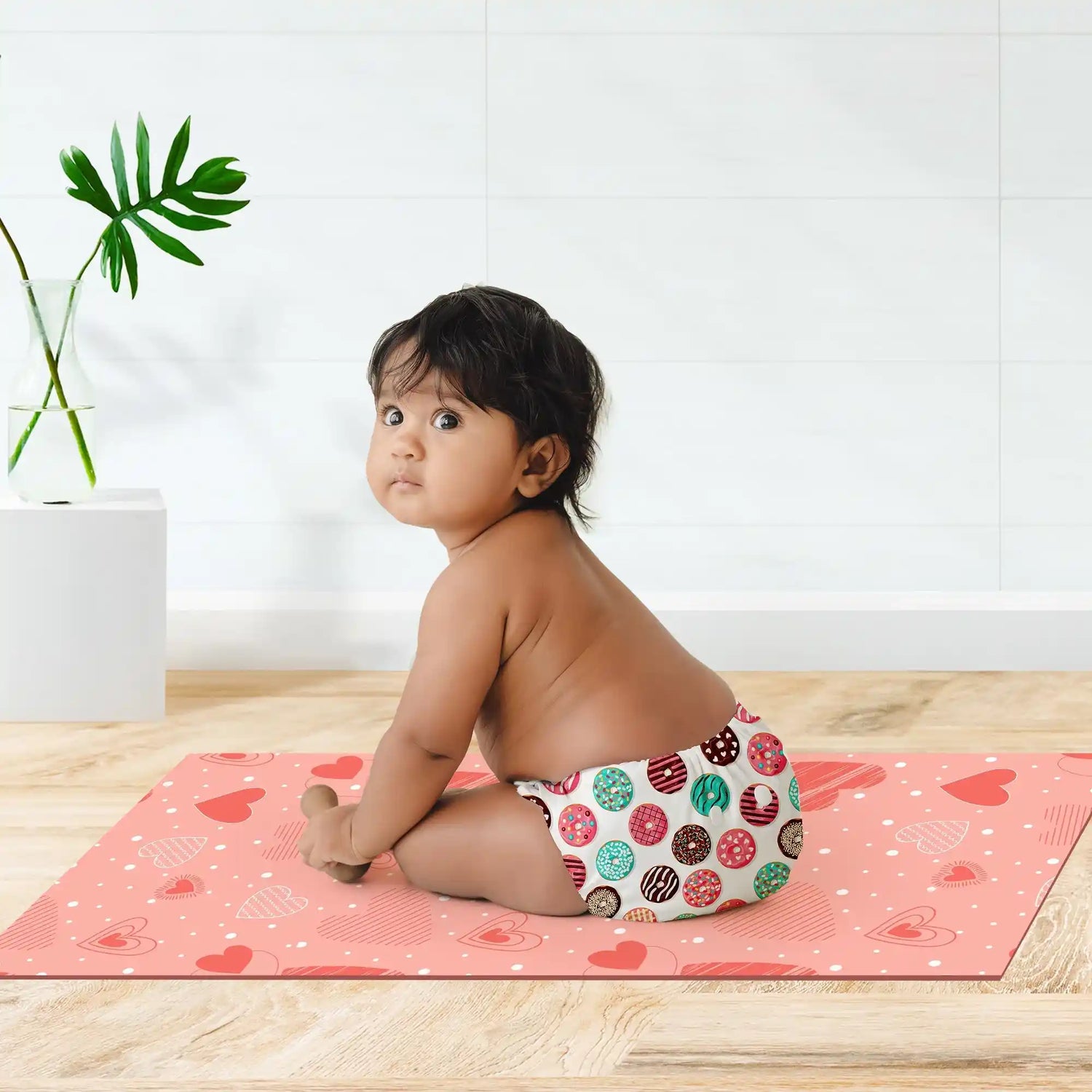About Prachi Gaur (Author)

Hello, I am Prachi Gaur, a prenatal expert from SuperBottoms from Mama's Companion. I am a certified Childbirth Educator, Lactation Educator, Maternal and Child Nutritionist, and a mother to two wonderful children. I am here to support pregnant women and families, right from conception, birth, breastfeeding and the postpartum period. My classes are evidence-based, providing you with the right set of information and helping you navigate through your journey with confidence and calm. Follow me @mamas.companion to keep in touch and for more information.
The arrival of your baby is often one of the most joyous moments of your life—something you’ve eagerly awaited throughout your pregnancy journey. But alongside that joy, it’s completely normal to feel overwhelmed. Your world begins to revolve around your baby, and the demands of frequent feeds, sleepless nights, and your own physical recovery can feel exhausting.
After childbirth, many parents experience a whirlwind of hormonal, emotional, physical, financial, and social changes. This is a life-altering phase, and it calls for deep care and support—whether it’s lending a patient ear, helping with errands, soothing a crying baby, preparing meals, or managing guests and visitors.
- Understanding the Hormonal Shift
- Baby Blues vs. Postpartum Depression
- What is Postpartum Depression
- What causes Postpartum Depression?
- Risk Factors for Postpartum Depression
- How to deal with Postpartum Depression
- How is Postpartum Depression treated?
- How do I know if I have baby blues or postpartum depression?
- Key Takeaways
- FAQs
-
Message from SuperBottoms
Understanding the Hormonal Shift
During pregnancy, hormones like estrogen and progesterone surge to tenfold levels. Just three days postpartum, they drop sharply to pre-pregnancy levels. This drastic shift can trigger emotional changes in up to 70% of mothers, leading to a temporary phase known as Baby Blues. About 15% of mothers may experience a more intense condition called Postpartum Depression.
Baby Blues vs. Postpartum Depression
What is Baby Blues
- Onset & Duration - Begins 2–3 days after birth; lasts up to 2 weeks
- Symptoms - Mild mood swings, crying spells, anxiety, irritability, sleep difficulties
- Intervention - Usually resolves with rest, support, and lifestyle adjustments
What is Postpartum Depression
- Onset & Duration - May begin within a week or gradually up to a year
- Symptoms - Persistent sadness, fatigue, frequent crying, guilt, anxiety, appetite loss, thoughts of self-harm
- Intervention - Requires timely support from a mental health professional; may include therapy and medication
What causes Postpartum Depression?
The exact reason is not known, but there could be many factors that play a role:
- Genes. Depression is more common in people with a family history of depression.
- Changing hormone levels after pregnancy. During pregnancy, your body has higher levels of the hormones estrogen and progesterone. But in the first 2-3 hours after giving birth, these hormones quickly go back to their normal levels. This quick drop in hormone levels may lead to PPD.
-
Low levels of thyroid hormones. The thyroid is a small gland in your neck that helps control how your body uses energy. When it doesn’t make enough hormones, it can cause symptoms like tiredness, mood changes, and trouble sleeping— all of which can increase your chances of having postpartum depression.
Risk Factors for Postpartum Depression
- Personal or family history of depression
- Limited social support
- Relationship or marital conflict
- Ambivalence about the pregnancy
- Complications during pregnancy or delivery
- Being under 20 or a single parent
-
Caring for a baby with special needs or excessive crying
How to deal with Postpartum Depression
- Talk to someone—a therapist, friend, or trusted family member
- Join a support group for new parents
- Eat nourishing meals and move your body gently
- Prioritize rest and sleep
- Make time for self-care and hobbies
- Ask for help with chores and errands
- Reconnect with your partner through shared activities
|
Limited Time Offers + Special Gift Sets! Now or never Super SALE is live on the SuperBottoms website! Take advantage of unbeatable value deals on our UNO Cloth Diapers, Baby Essentials, and more. Looking for the perfect present for a newborn or a toddler? Explore our thoughtfully curated Gift Sets & Combos — safe, skin-friendly, and oh-so-cute! A bundle of love for little ones and a delight for parents. HURRY — Deals and Gift Packs are live only till stocks last. Don’t miss the chance to stock up & share the joy! |
How is Postpartum Depression treated?
If you think you might have PPD, don’t wait—talk with your healthcare provider as soon as you can.
The sooner you see your provider about PPD, the better. Treatment can include:
- Talk therapy, like CBT and IPT
- Support groups, where you can connect with others going through a similar experience.
- Prescription medicine to help manage your symptoms.
How do I know if I have baby blues or postpartum depression?
It's common to have baby blues after giving birth. Baby blues and postpartum depression have similar symptoms. However, symptoms of baby blues last about 10 days and are less intense. With postpartum depression, the symptoms last weeks or months, and the symptoms are more severe.
You may have the baby blues if you:
- Have crying spells
- Feel overwhelmed
- Lose your appetite
- Have trouble sleeping
- Have sudden mood changes
Remember, it doesn't hurt to share your symptoms with your provider. They can assess if you need treatment for your symptoms.
Feeling overwhelmed, anxious, or confused after your baby’s birth is completely normal. But if these emotions persist beyond two weeks or intensify, please reach out to a mental health professional or your obstetrician. Postpartum Depression can deeply affect you, your baby, and your loved ones—but you are not alone, and help is available.
There is no shame in how you feel and you don’t have to face it alone. Seeking timely support is a sign of strength—and it can make all the difference.
Key Takeaways
- Postpartum Emotional Changes Are Normal: Hormonal shifts after birth can lead to baby blues or postpartum depression, and recognizing these changes early is the first step to healing.
- Support & Communication Are Essential: Talking to loved ones, joining support groups, and seeking professional help can significantly ease emotional challenges after childbirth.
- Treatment & Recovery Are Possible: Postpartum depression is treatable with therapy, medication, and lifestyle support—seeking help is a sign of strength, not weakness.
FAQs
Q1 - What does post-partum depression feel like?
Ans - Experiences vary, but many women with post-partum depression describe feeling overwhelmed, anxious, irritable or hopeless. Some may feel a diminished interest in or pleasure from activities, or feel detached, numb or disconnected from their baby or themselves. These feelings can make daily functioning difficult. In severe cases, thoughts of self-harm or harming the baby may occur. Many women experience shame or guilt, which can hinder them from seeking support.
Q2 - When does post-partum depression start?
Ans - post-partum depression usually begins within the first six weeks after childbirth, but it can start any time in the first year. Some women notice symptoms in the final weeks of pregnancy or shortly after delivery. Part of a diagnosis is whether the patient has had core symptoms of depression for at least two weeks. It is crucial to distinguish post-partum depression from the “baby blues,” which typically begin around two to three days after giving birth but don’t persist for more than two weeks.
Q3 - Can you experience post-partum depression after a miscarriage or stillbirth?
Ans - Yes. Post-partum depression can follow any perinatal loss, including miscarriage, stillbirth or loss shortly after birth. In these situations, grief and depression may overlap, and women often face these experiences without formal recognition or support. Compassionate counselling, support groups and mental healthcare are essential components of recovery.
Q4 - How can I cope with or recover from post-partum depression?
Ans - Recovery starts with knowing that you are not alone and that help is available. Talk to a trusted healthcare provider, midwife or community/social health worker. Treatment may involve counselling, psychological therapy, support groups, medication or community-based support. In many settings, non-specialist health workers, when trained, can provide effective mental health support. Self-care is also important: Even small acts of rest, connection or expression can help you heal. Most importantly, seek help early and often
Q5 - Can men get post-partum depression?
Ans - Yes. Although it is less common, men, especially new fathers or partners, can experience post-partum depression or anxiety, particularly when their partner is struggling, when sleep is disrupted or when there are financial or emotional stressors. Mental health care should be inclusive of partners too.
Message from SuperBottoms
Hi there, new parents! SuperBottoms brings you doctor-recommended cloth diapers — the best rash-free diapering solution for your baby’s sensitive and delicate skin. Unlike disposable diapers loaded with chemicals, our newborn cloth diapers, when used and washed properly, can help eliminate the risk of diaper rashes. SuperBottoms offers a wide range of safe, skin-friendly essentials for the whole family — including Reusable Cloth Diapers, Diaper Pants, DryFeel langots for diaper-free time, Padded Underwear for potty training, SuperSoft Underwear for everyday comfort, Joggers for playful days, and Period Underwear for women. Not just for everyday use, SuperBottoms products also make the best gifting choice for babies — thoughtful, eco-friendly, practical, and loved by parents. Now available on Amazon, Myntra, Flipkart, FirstCry, Zepto, Swiggy and Blinkit.



